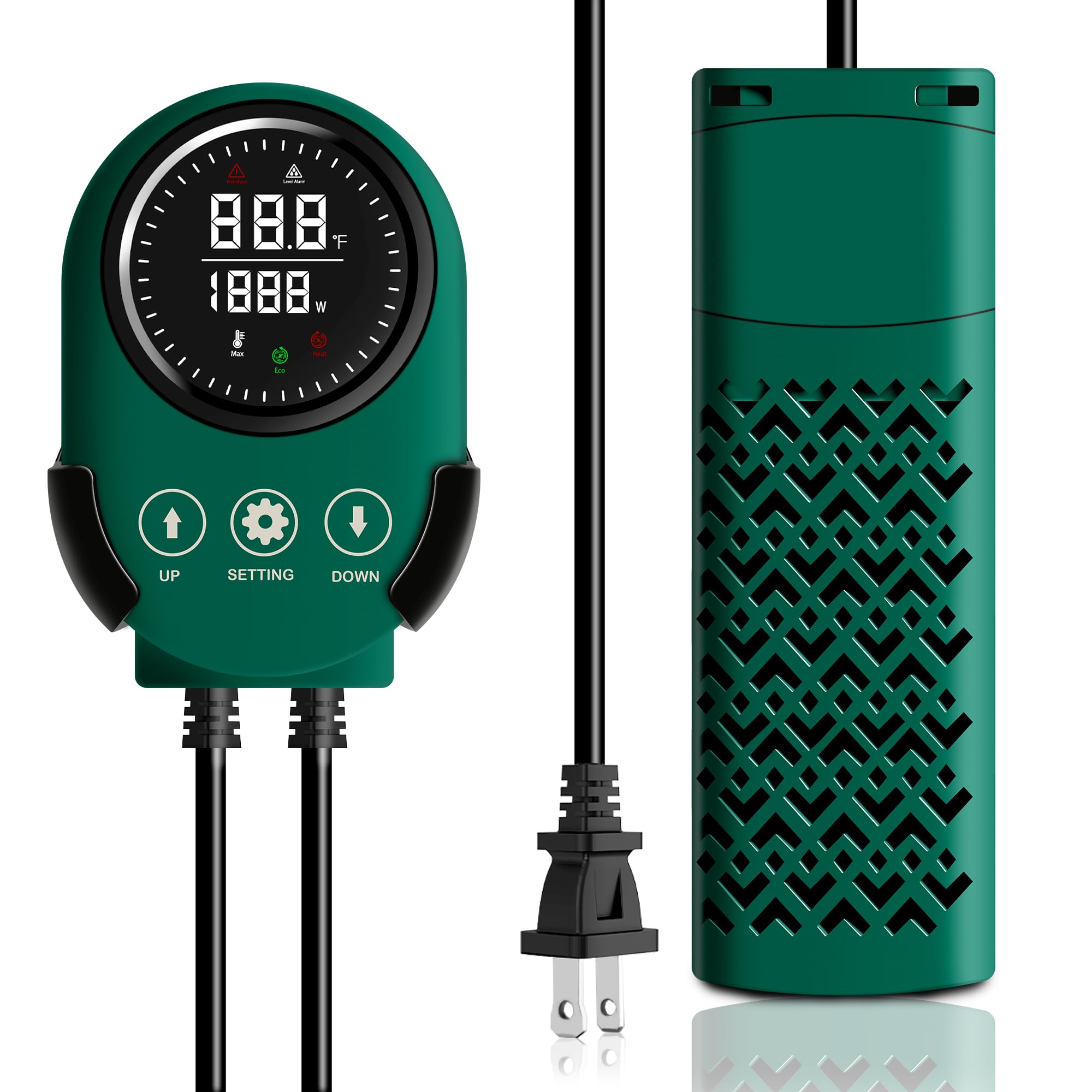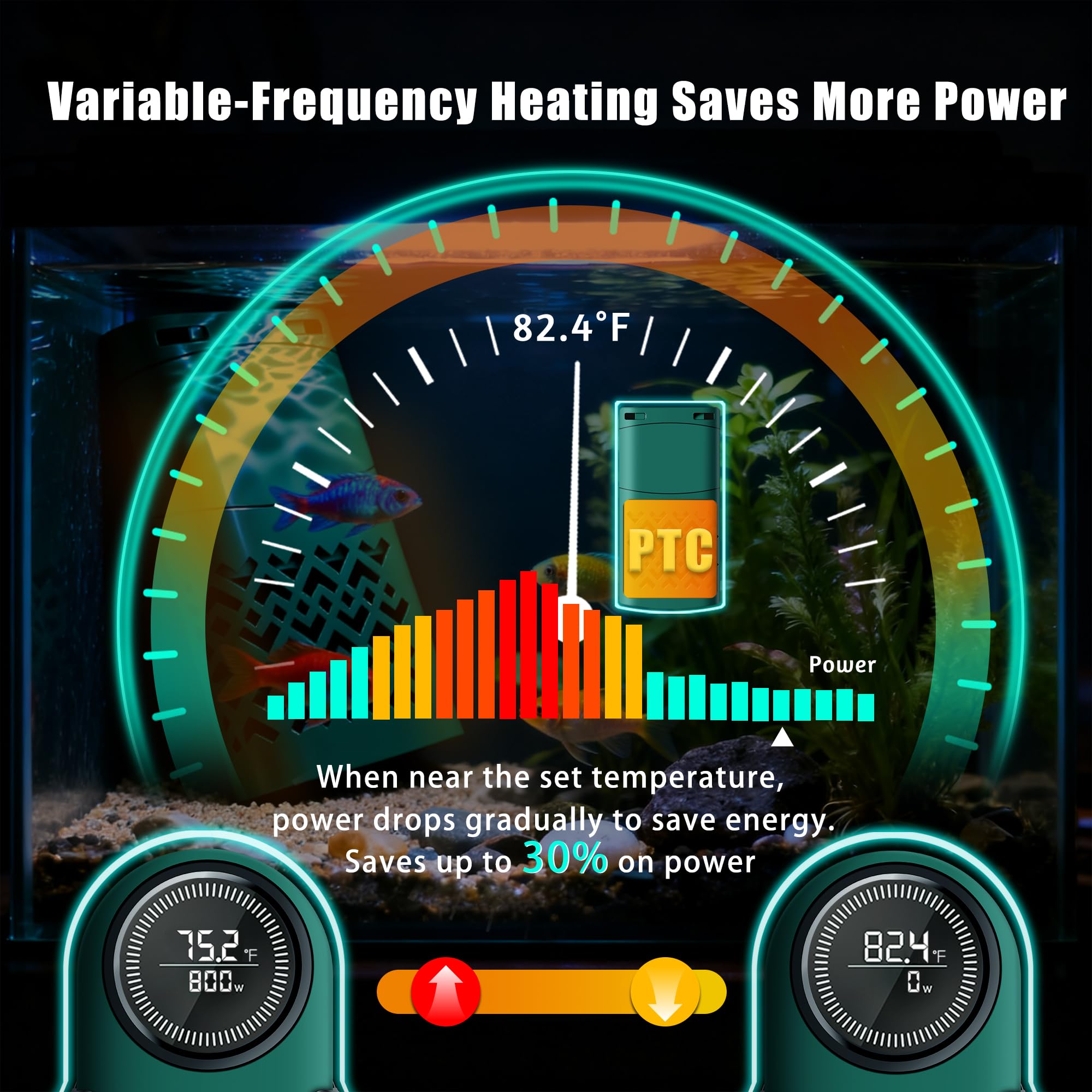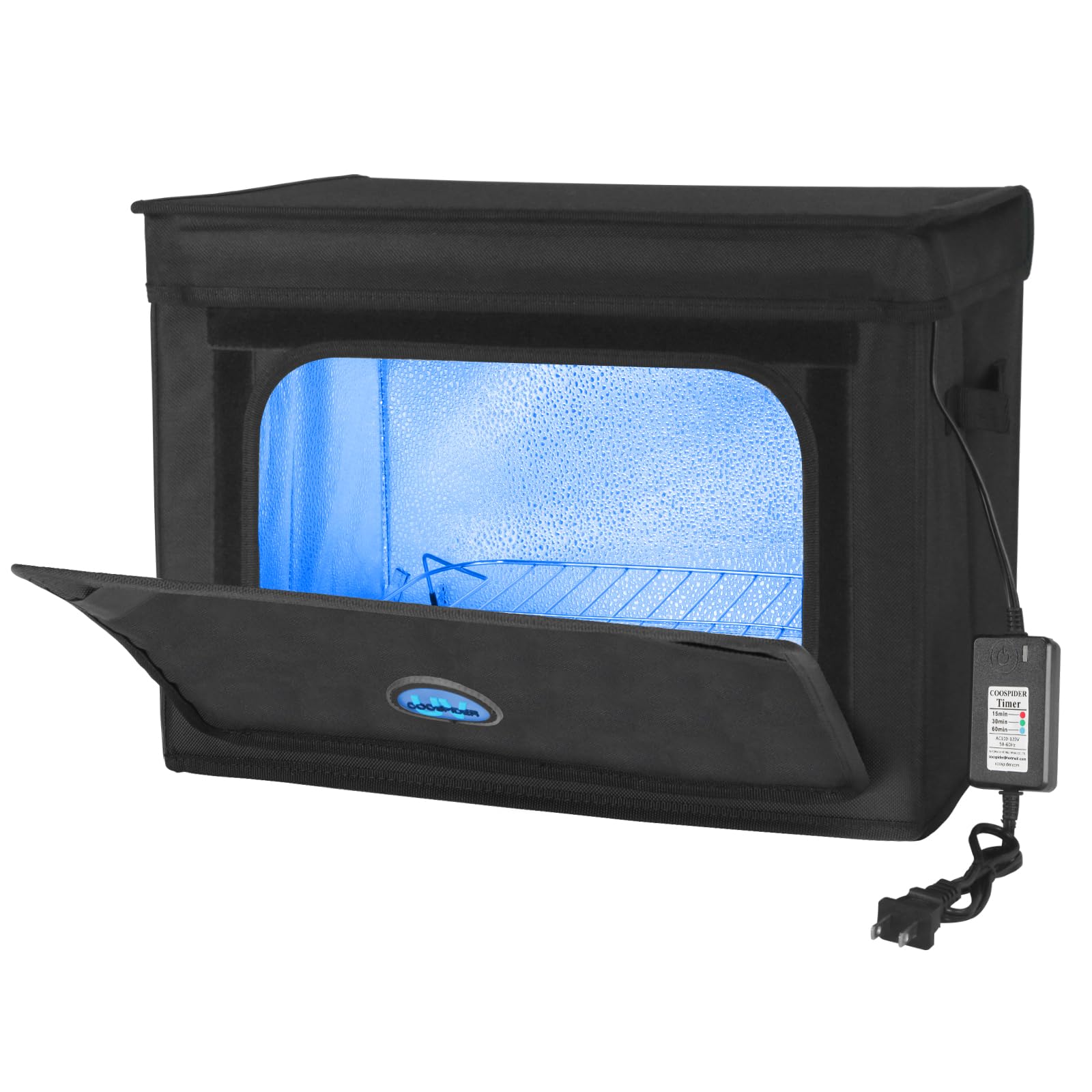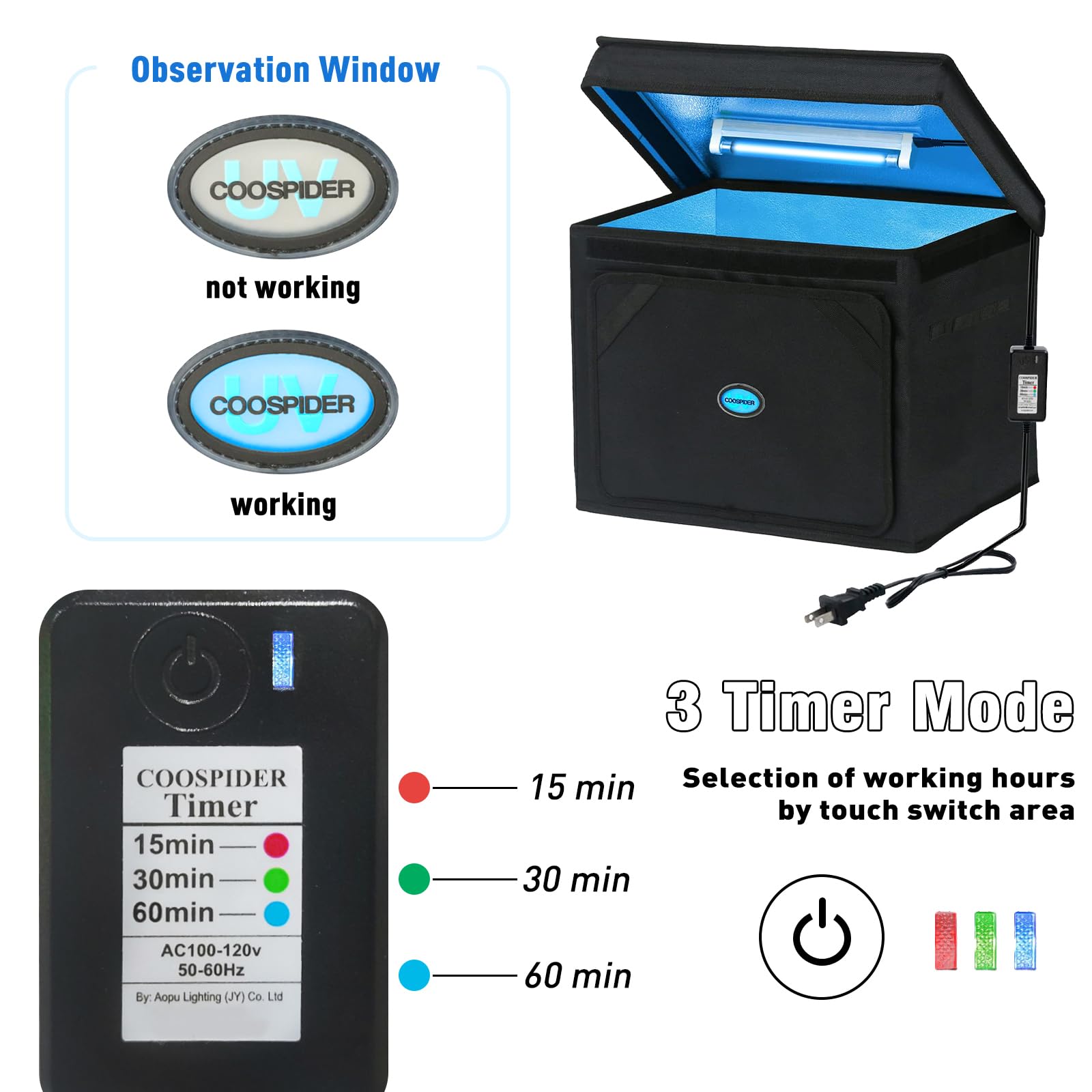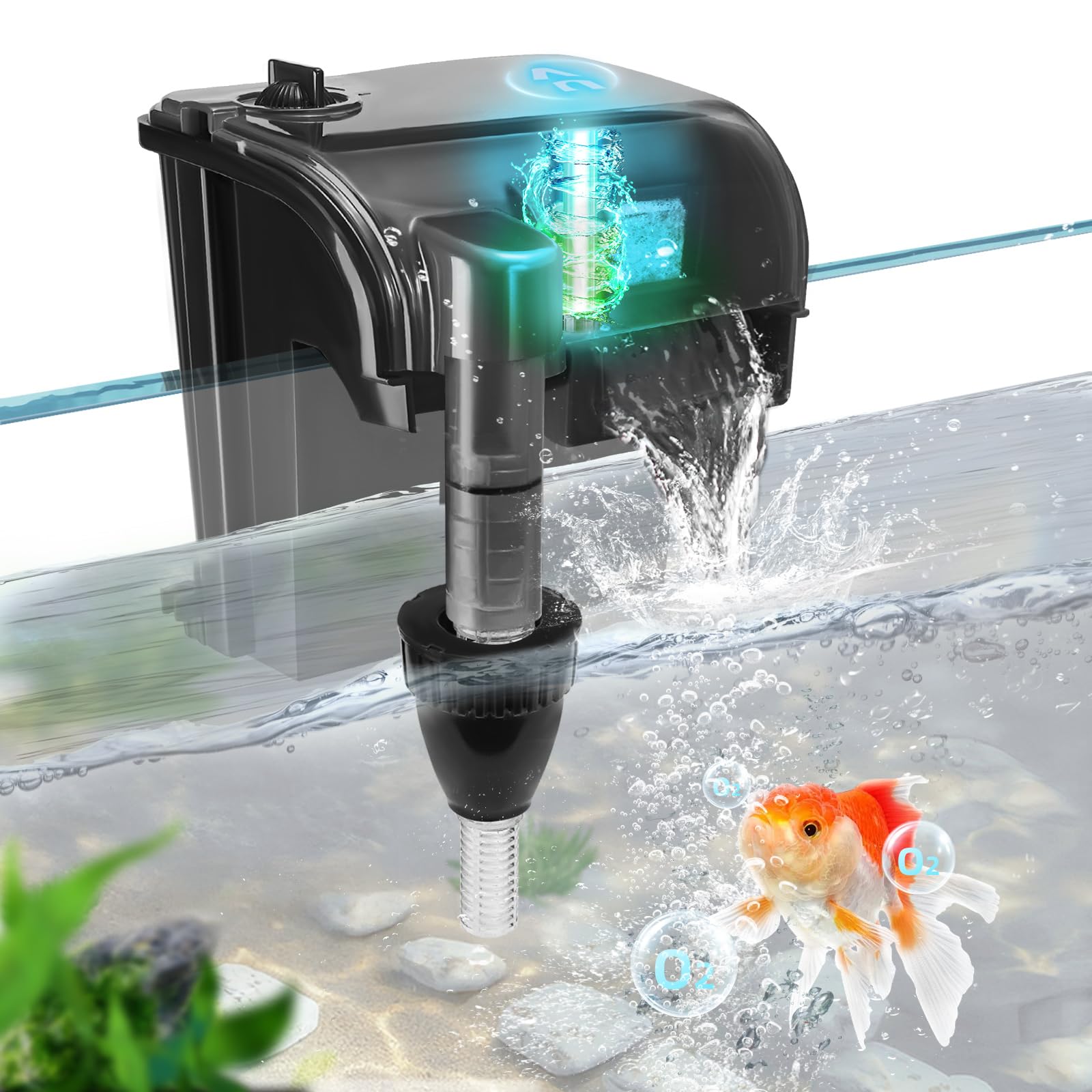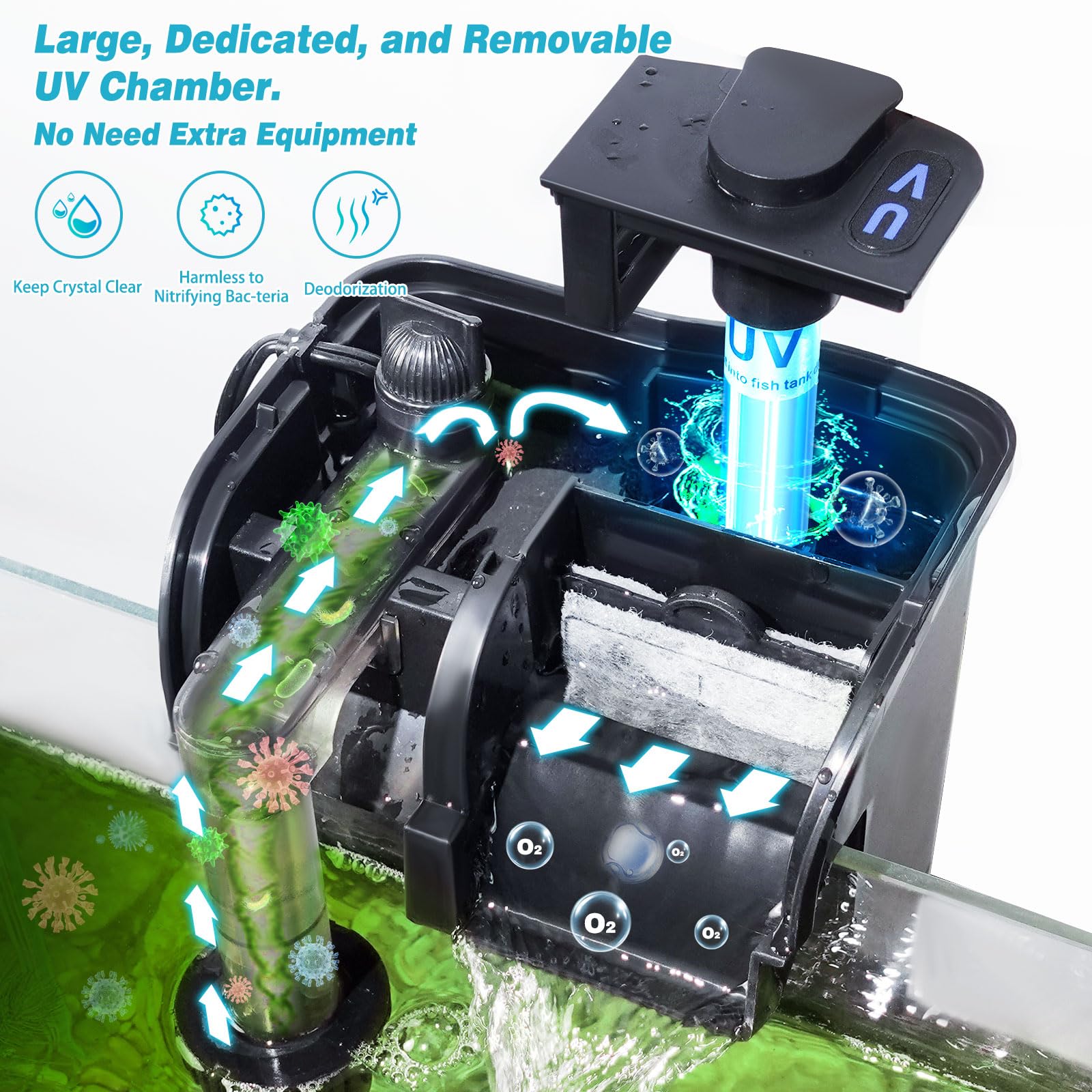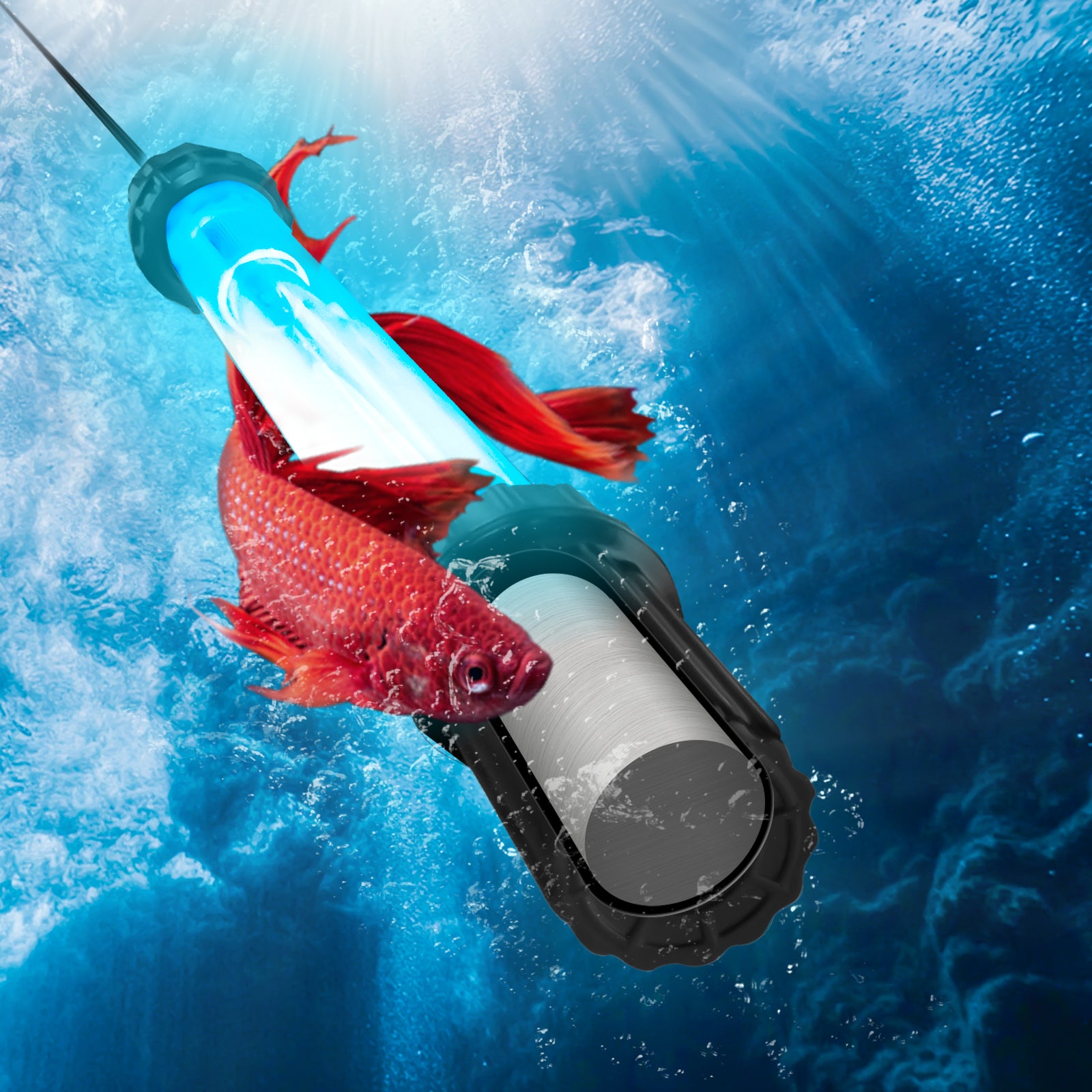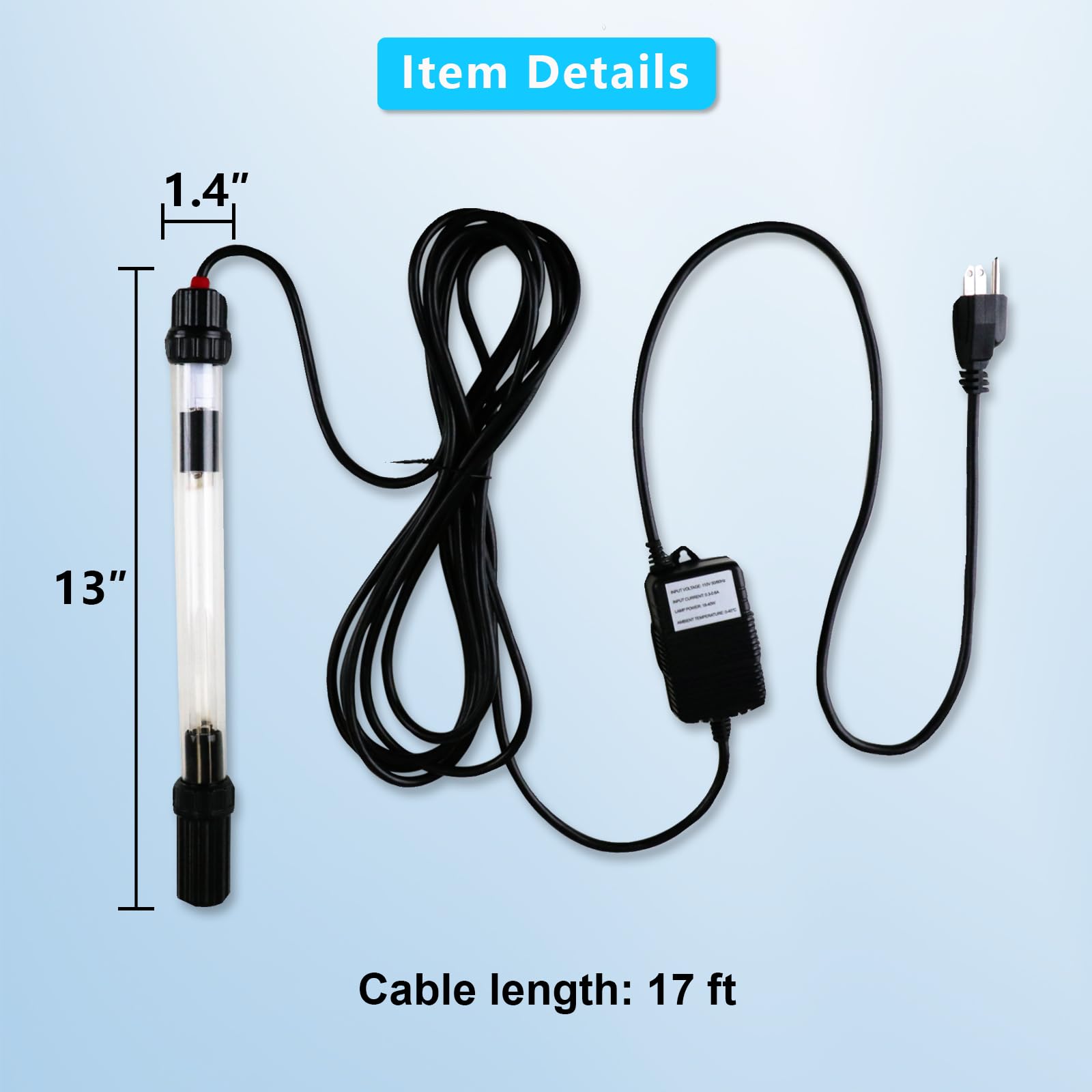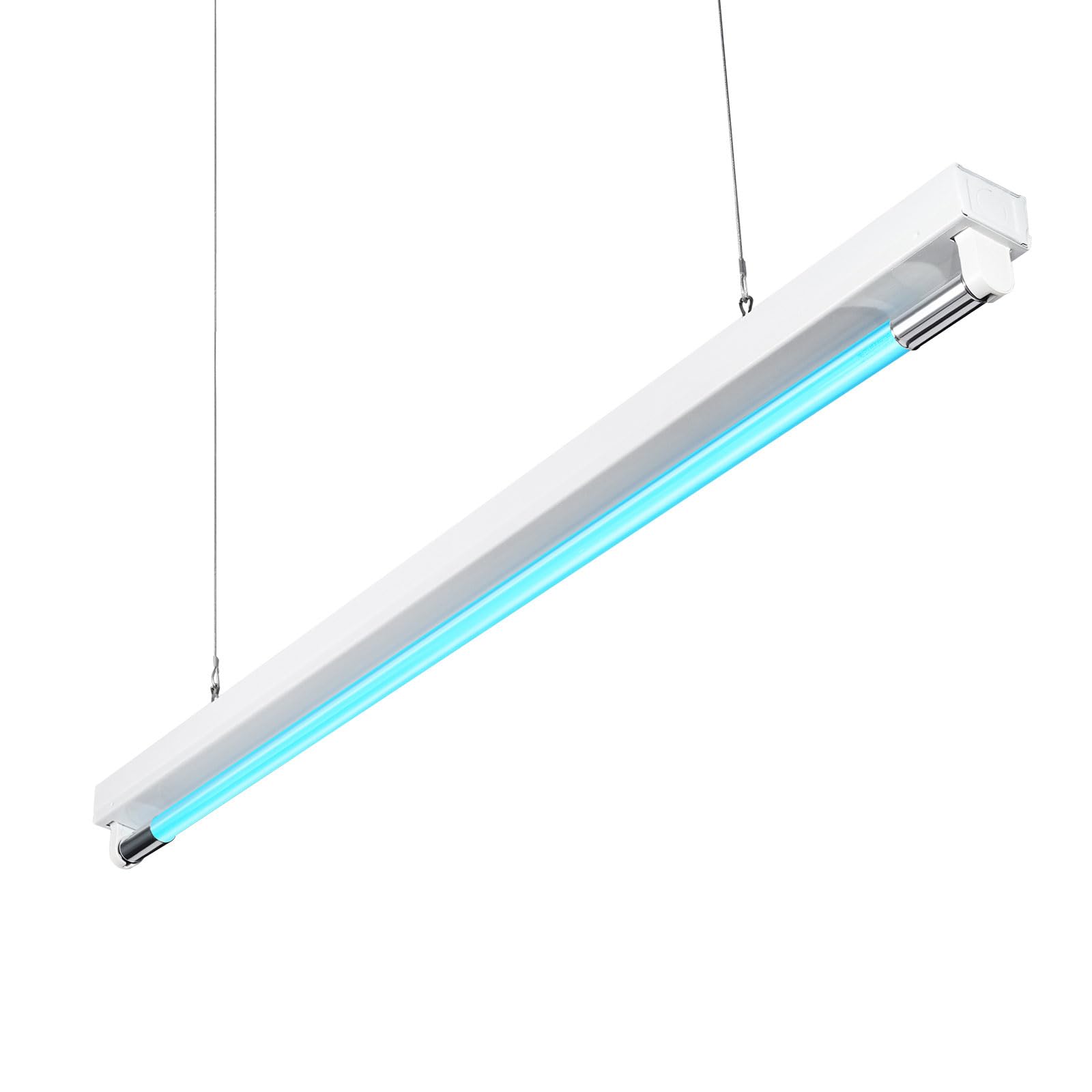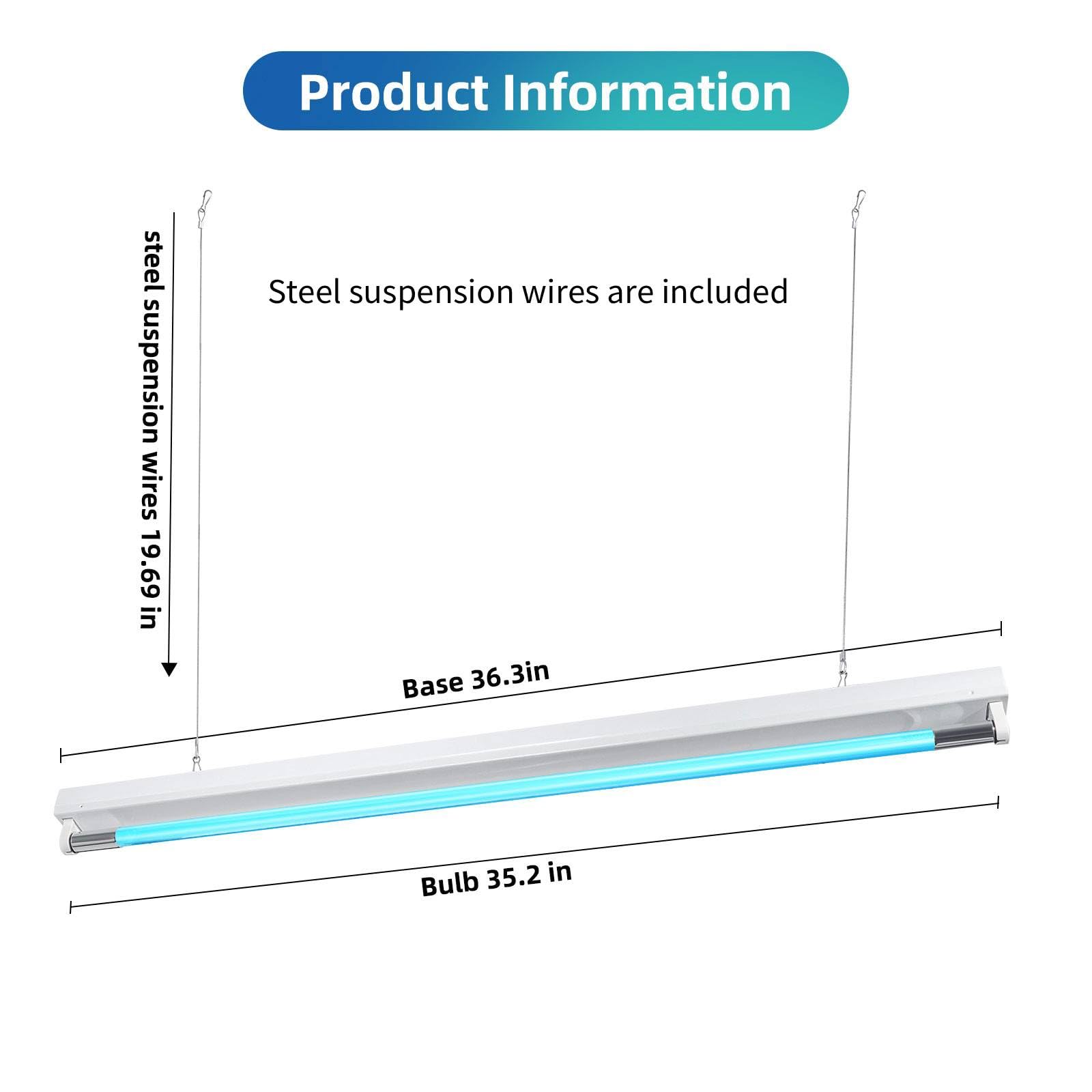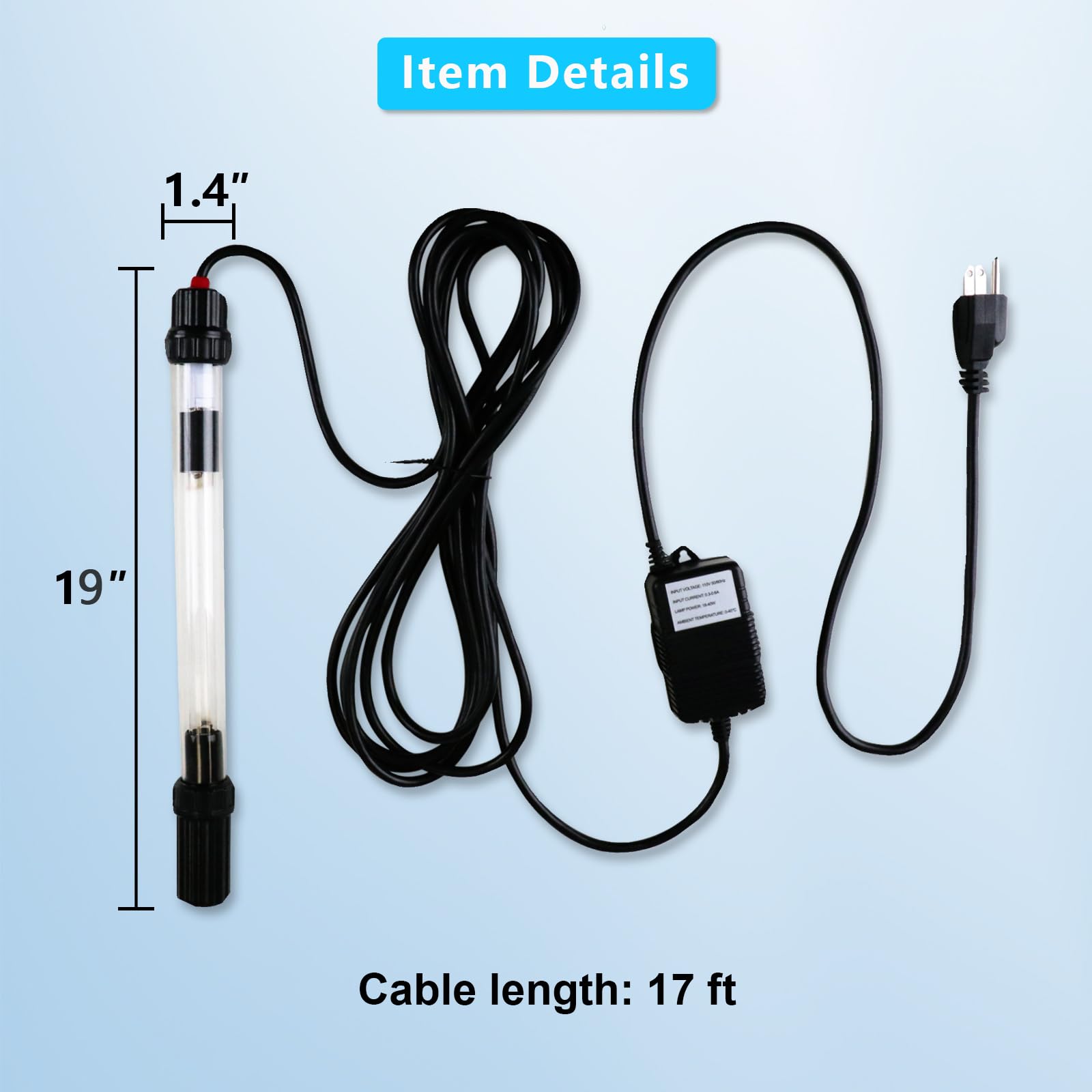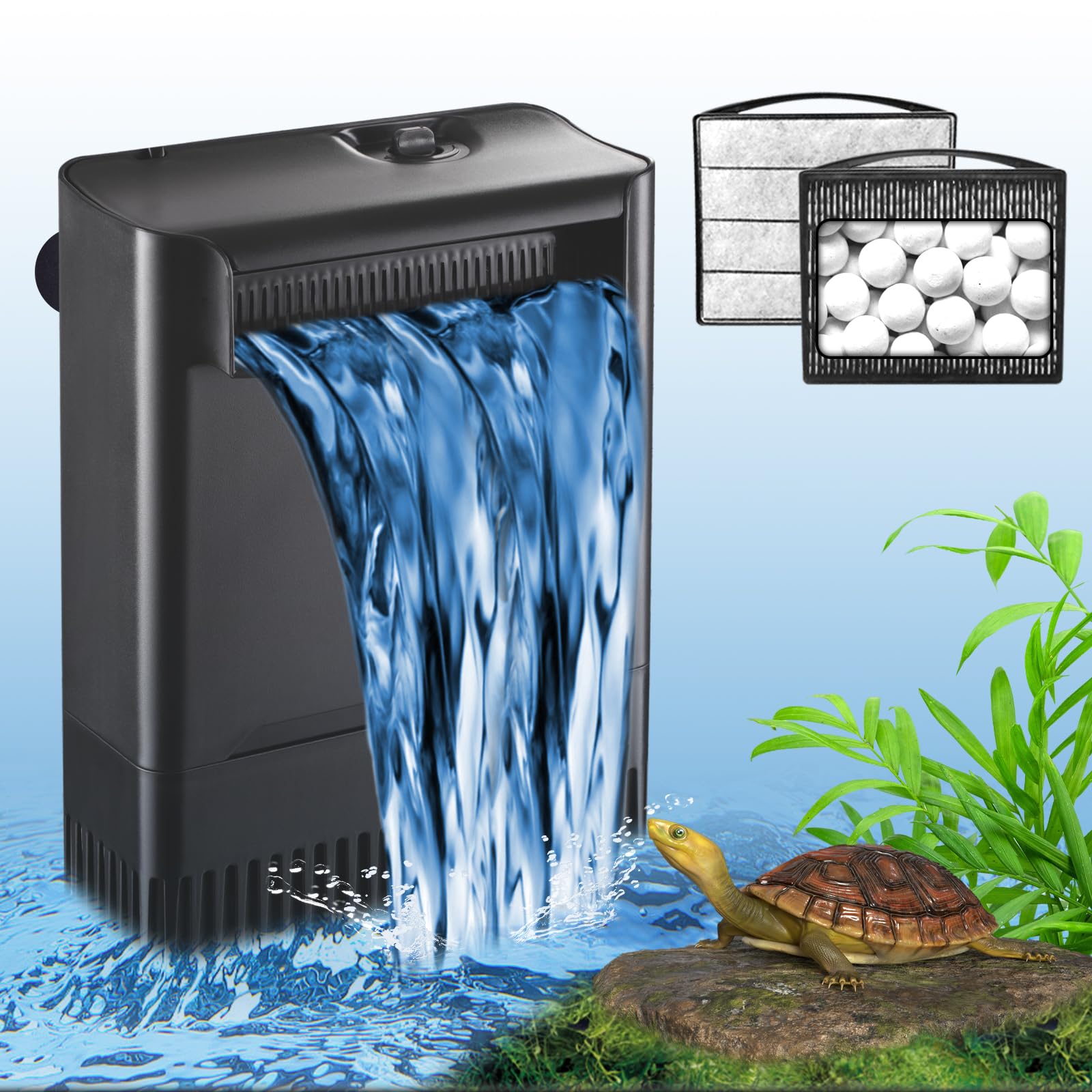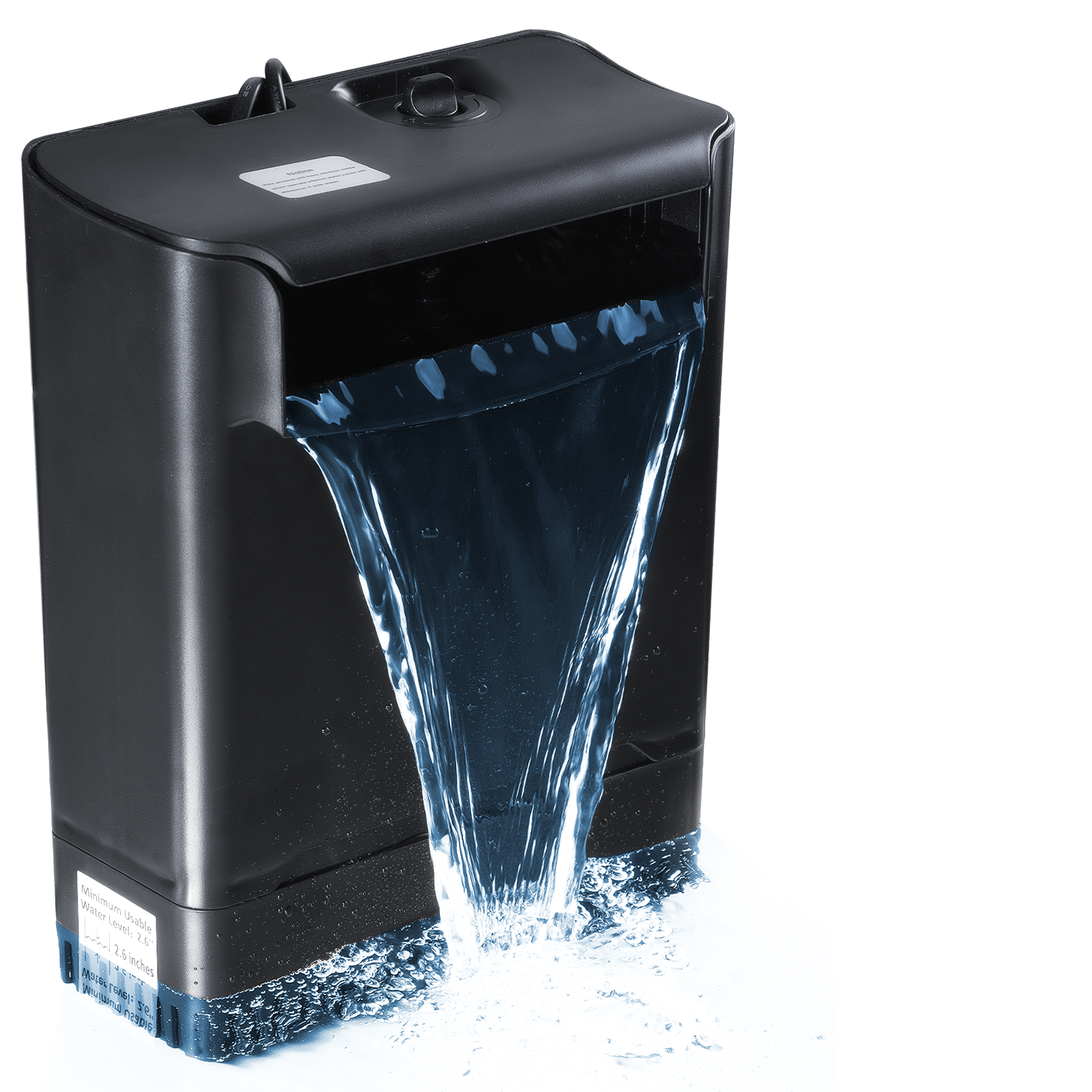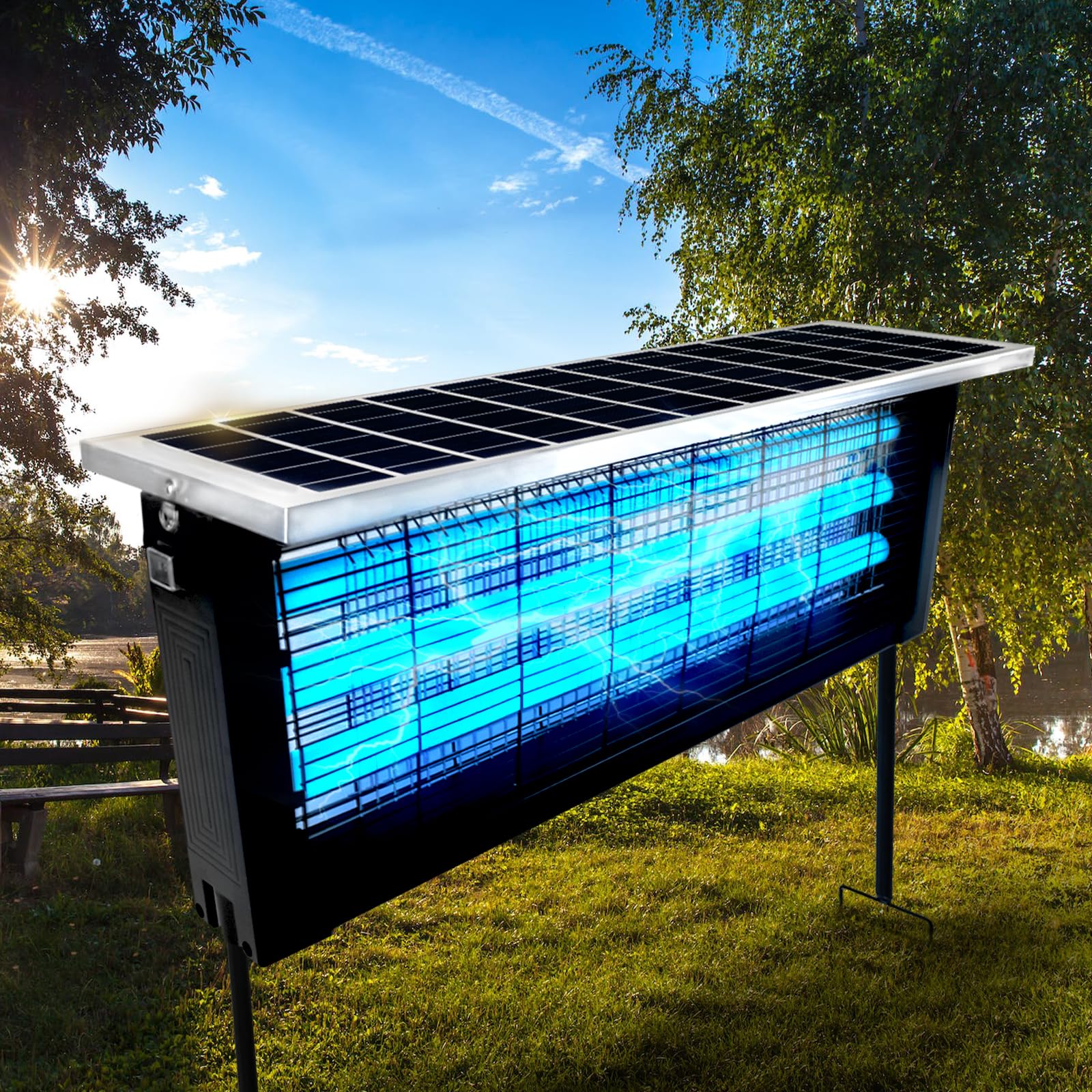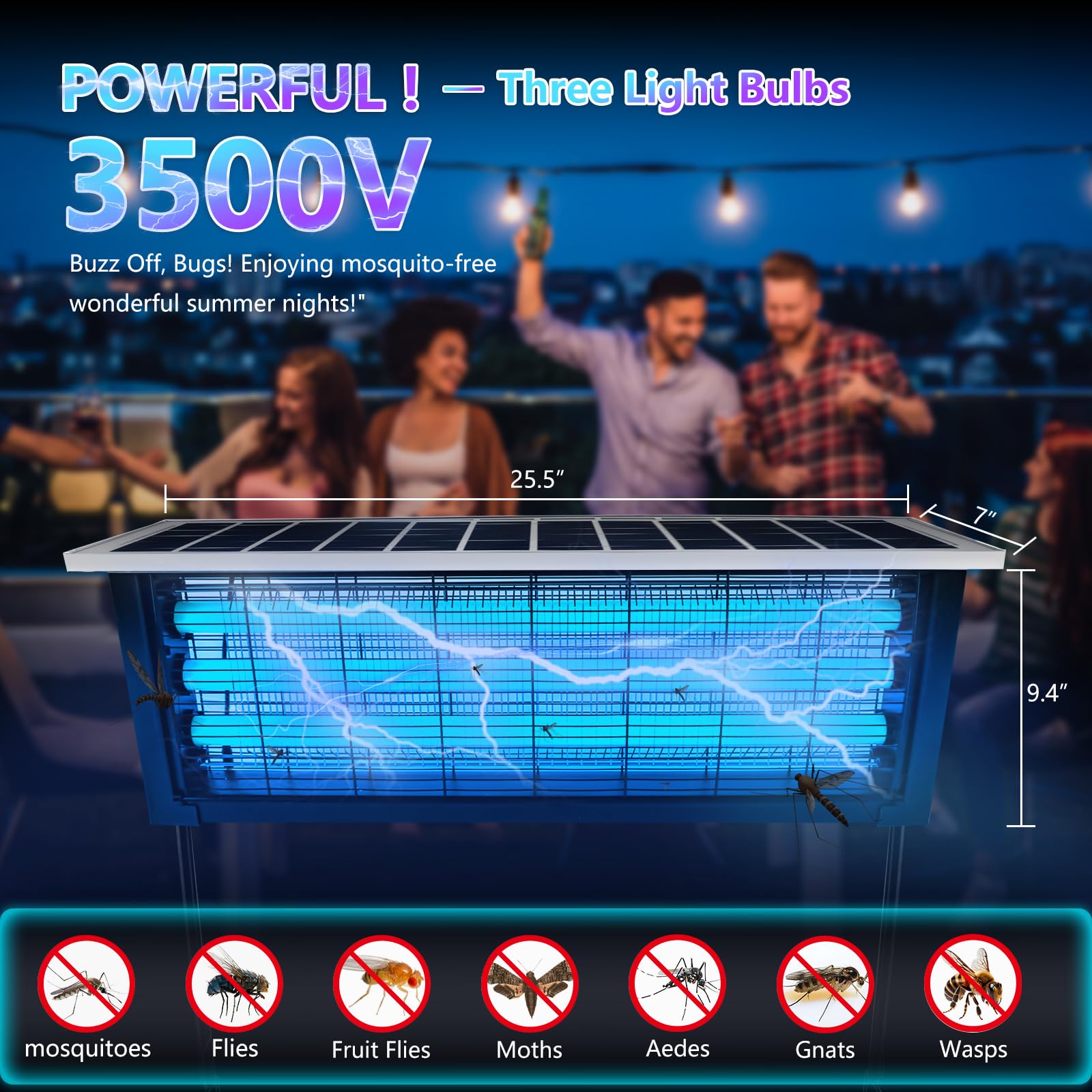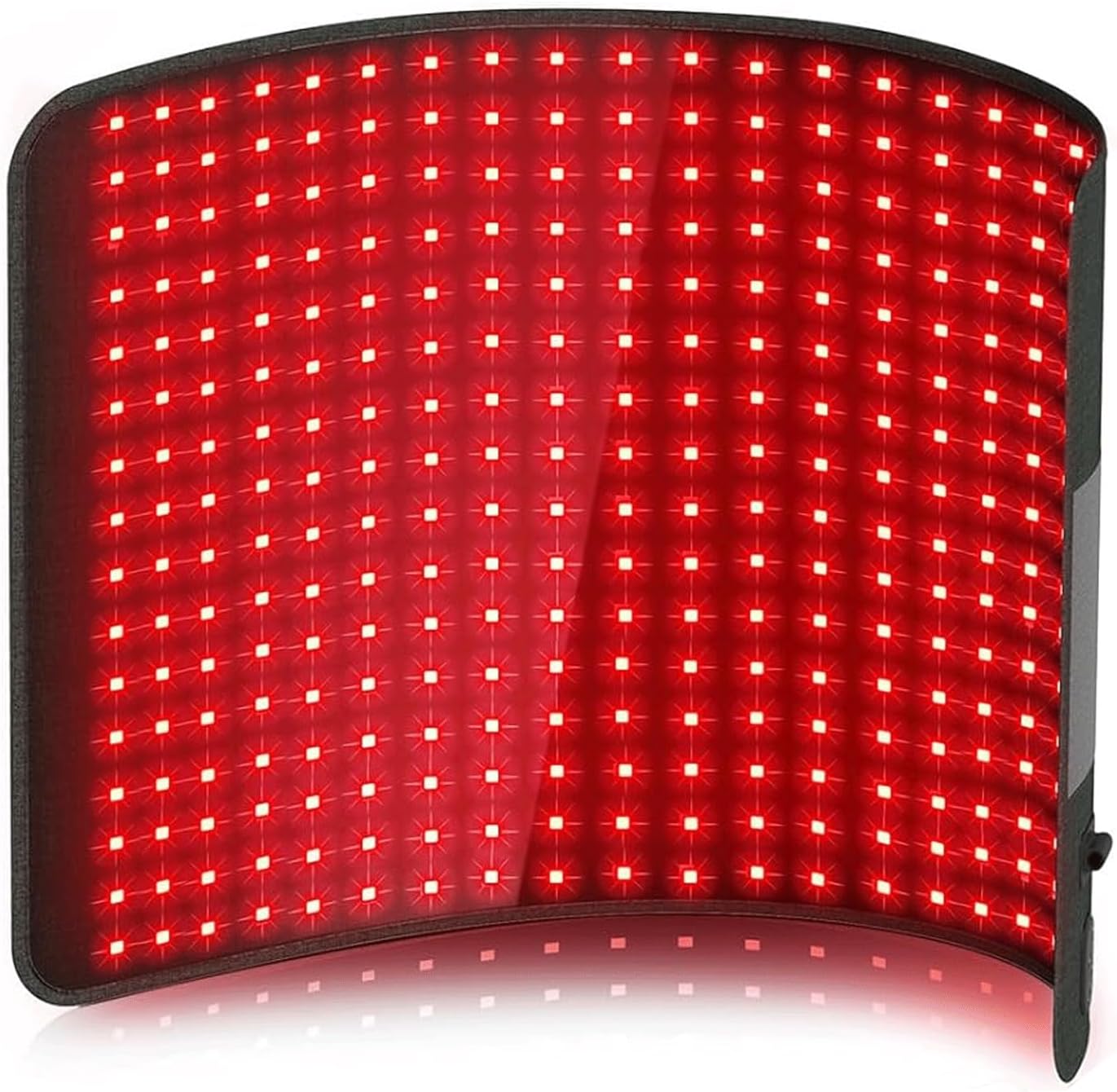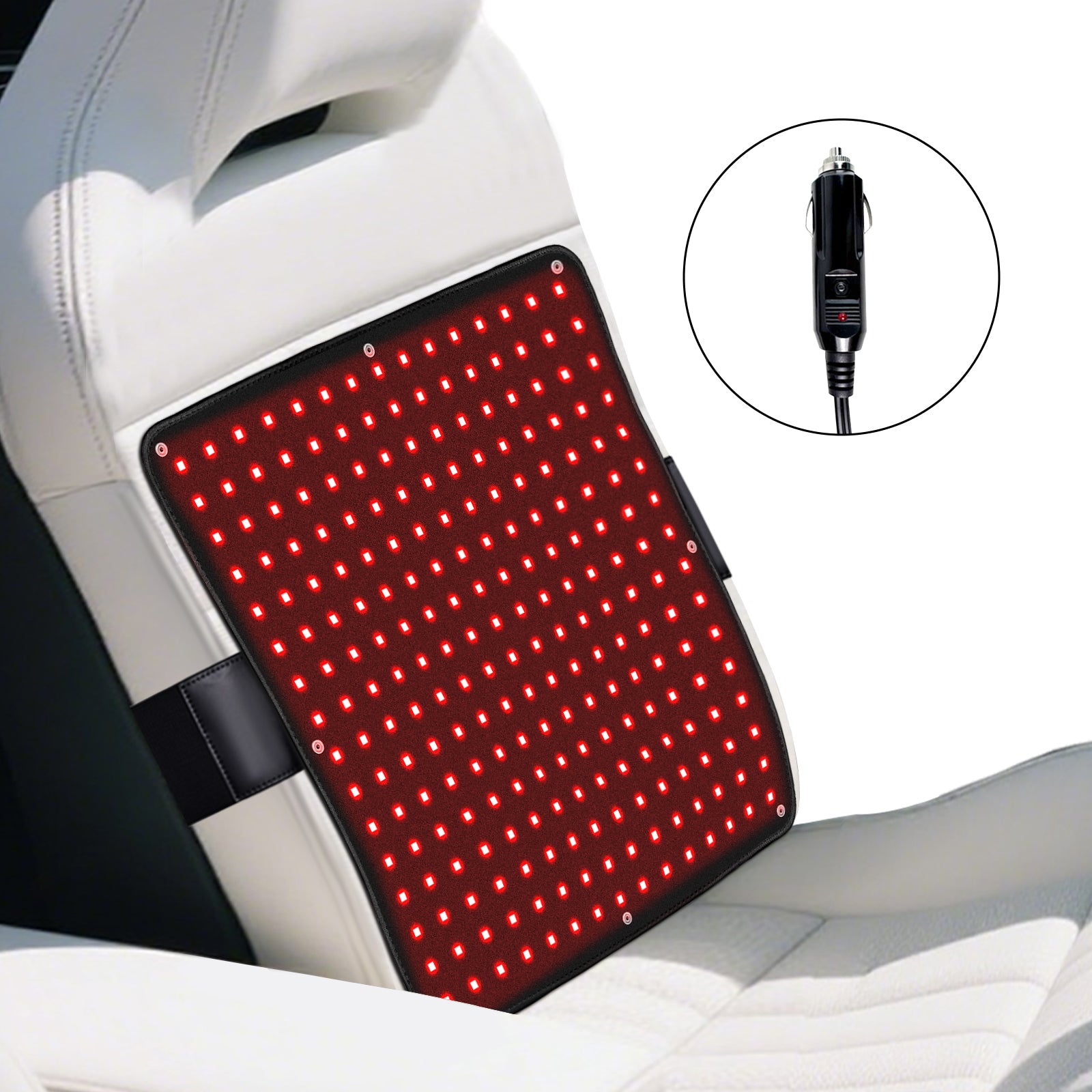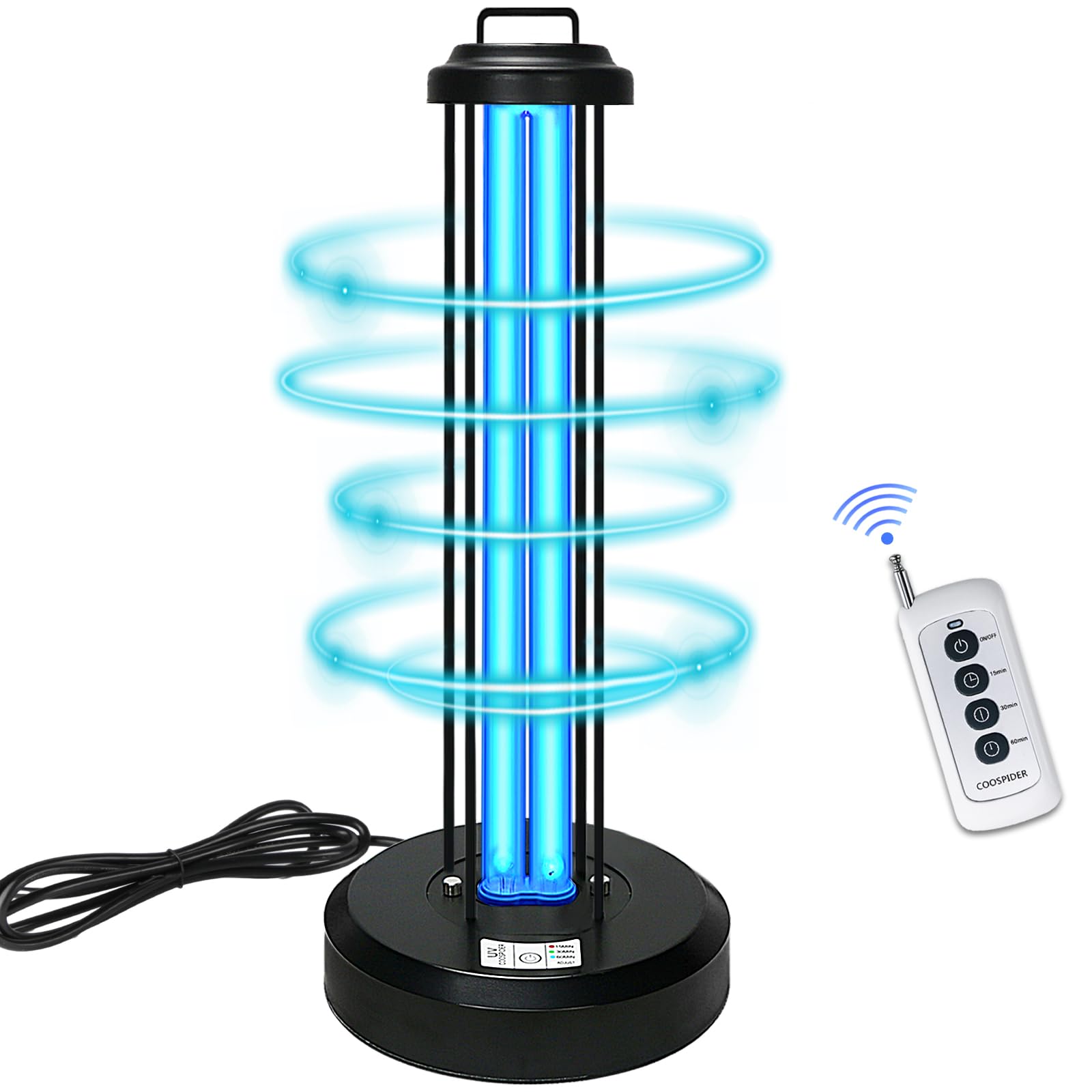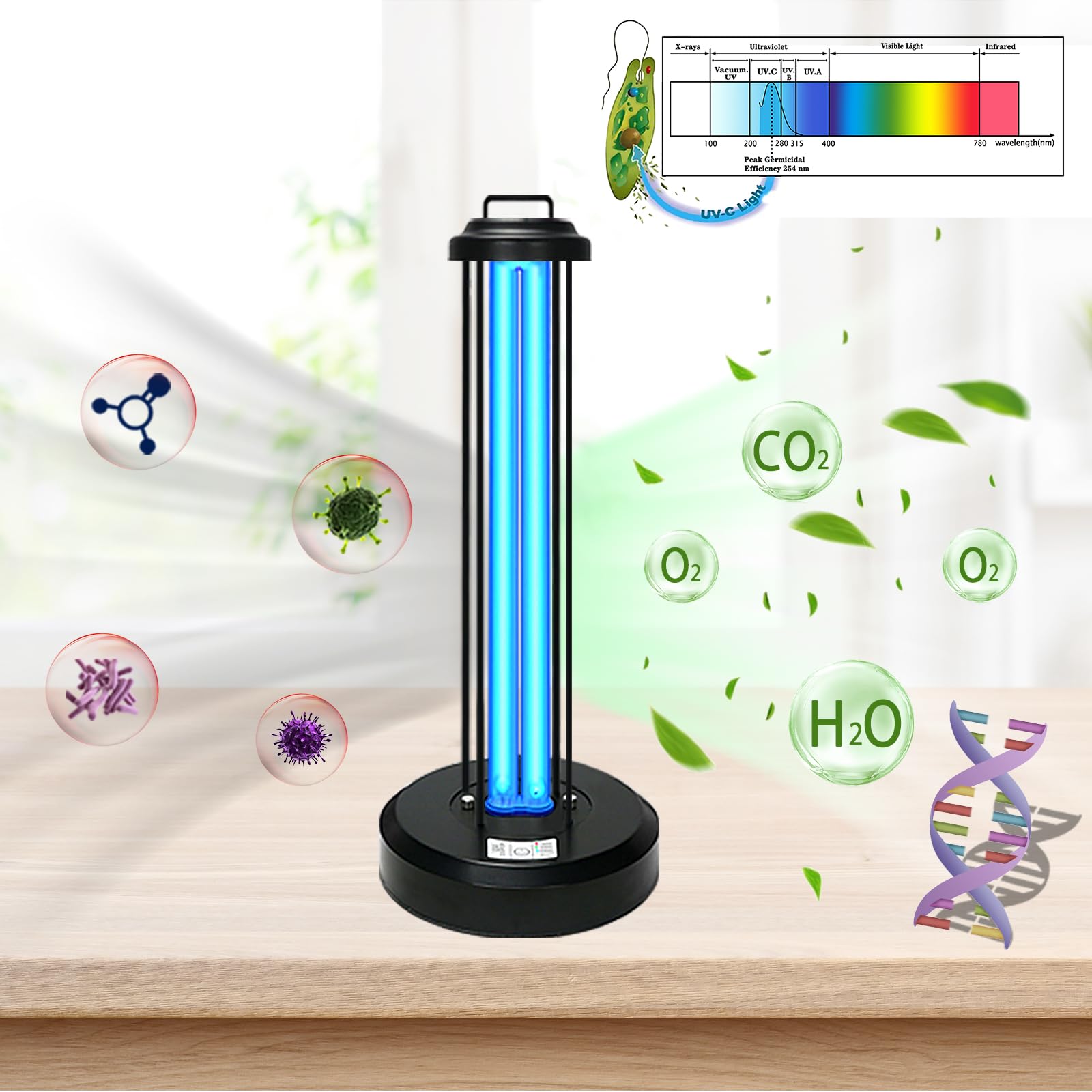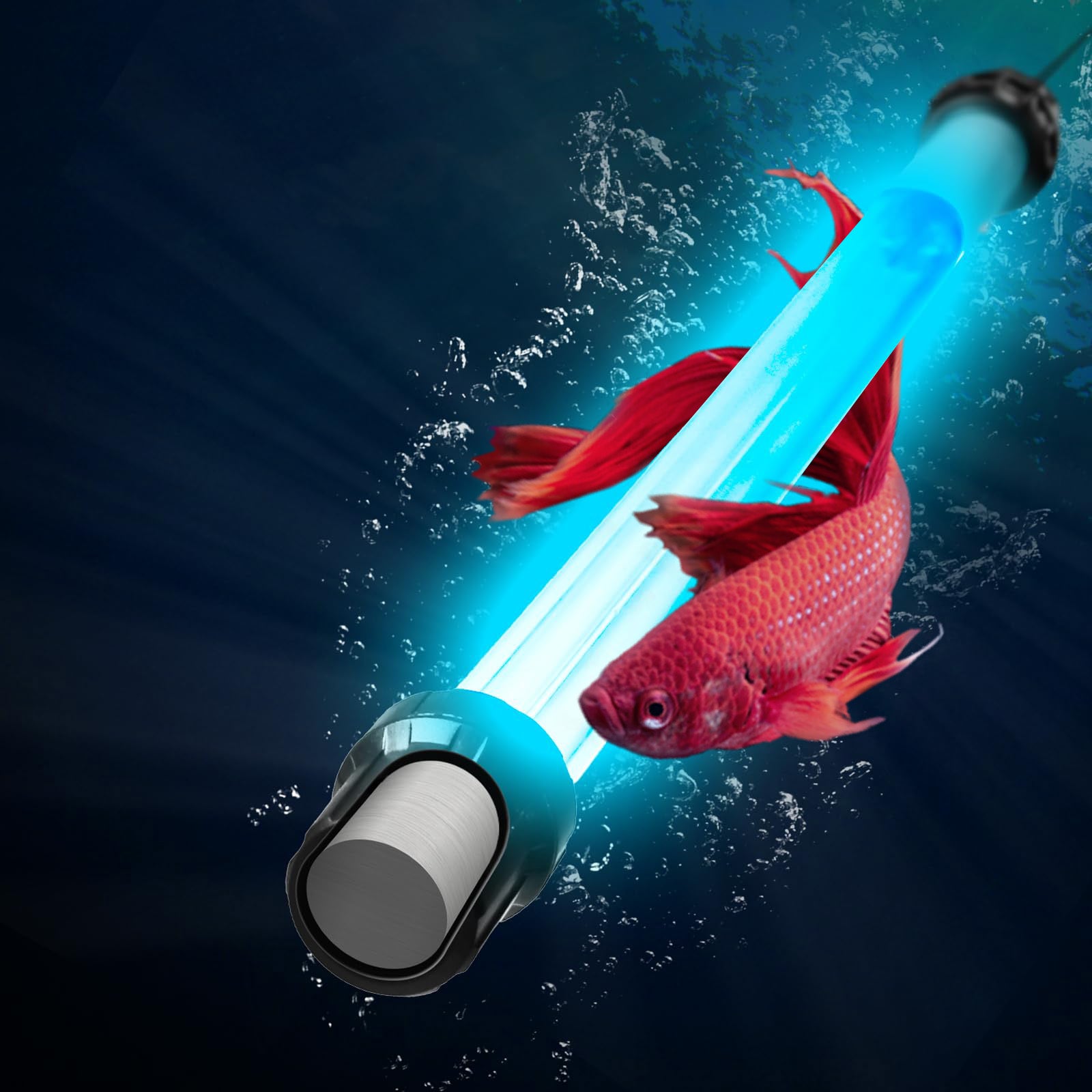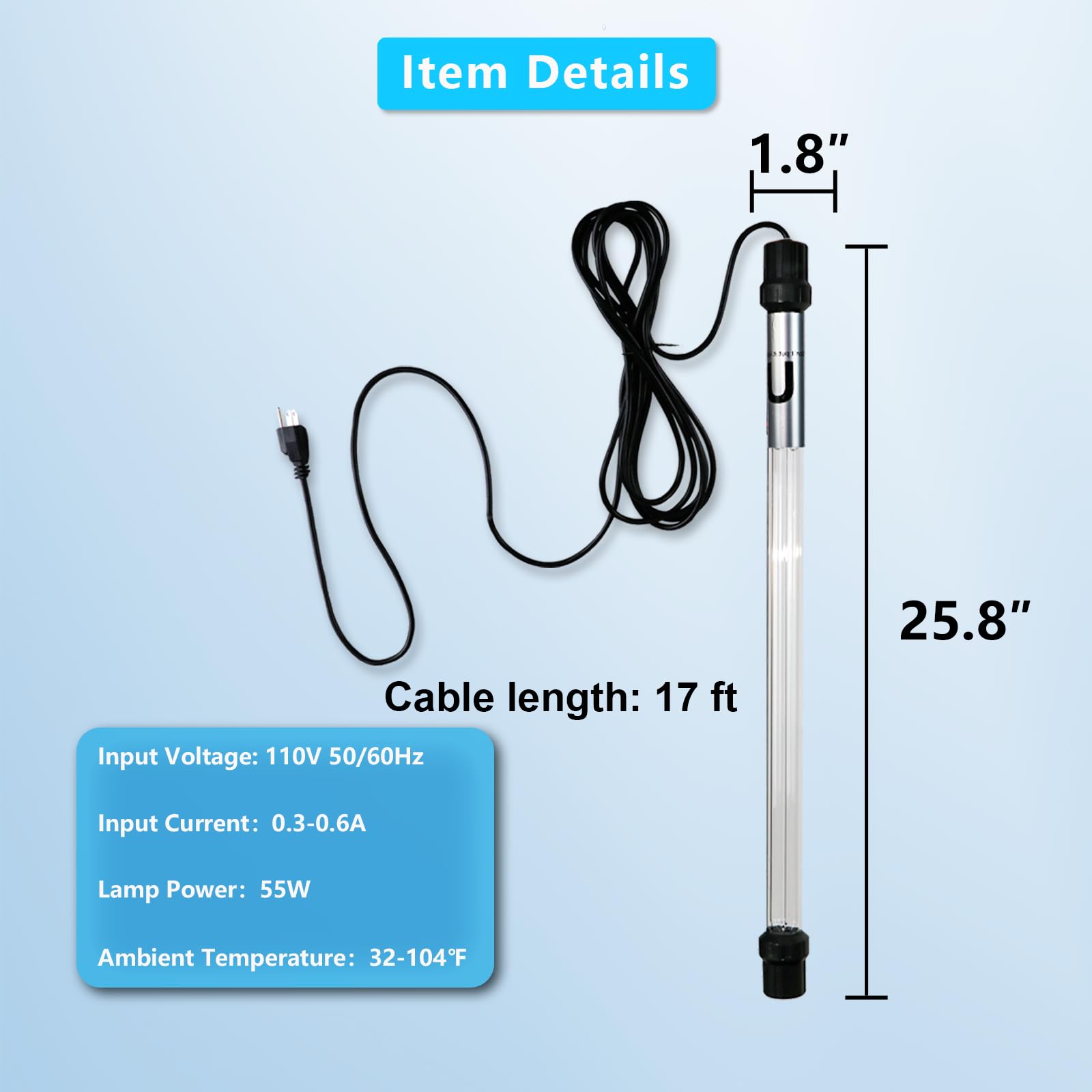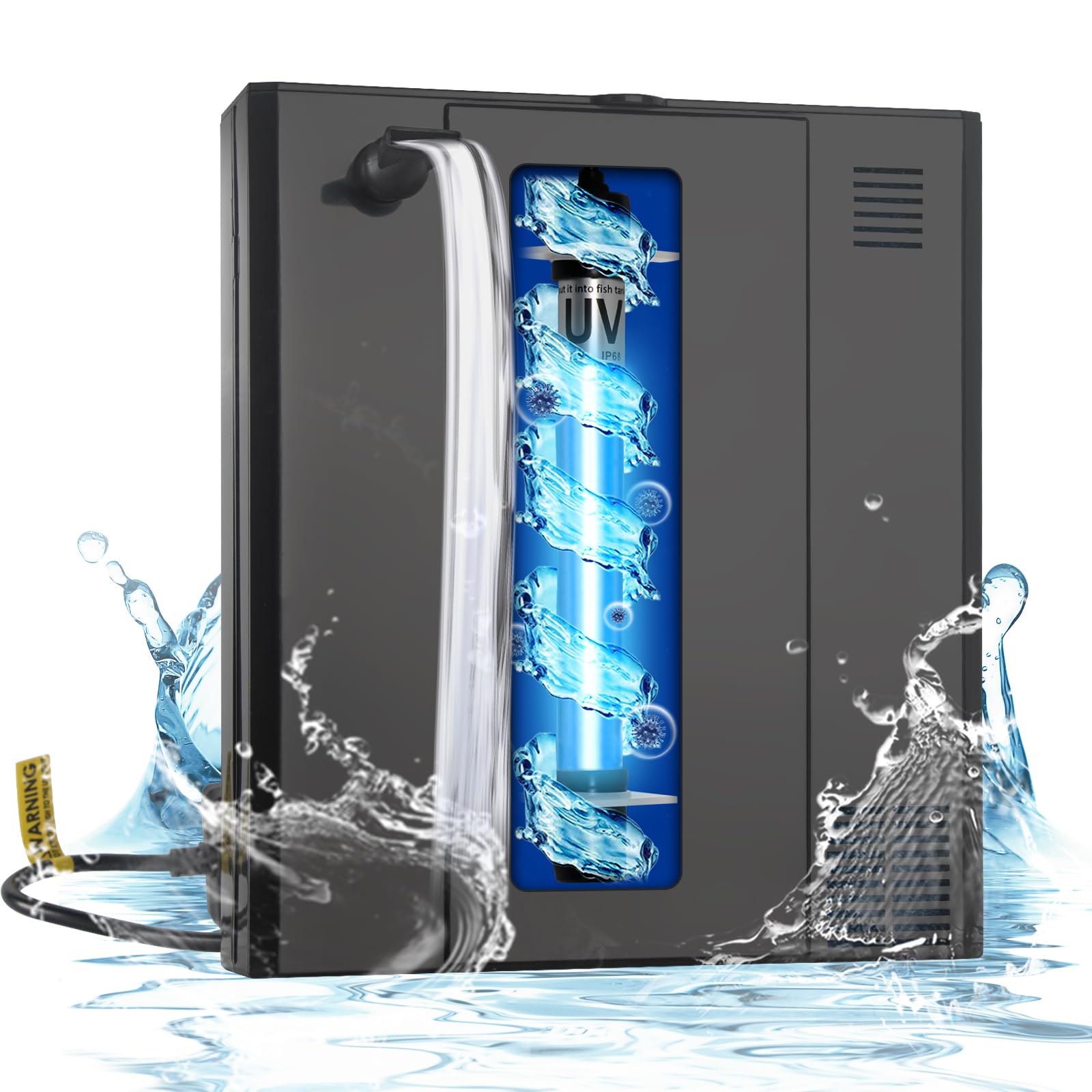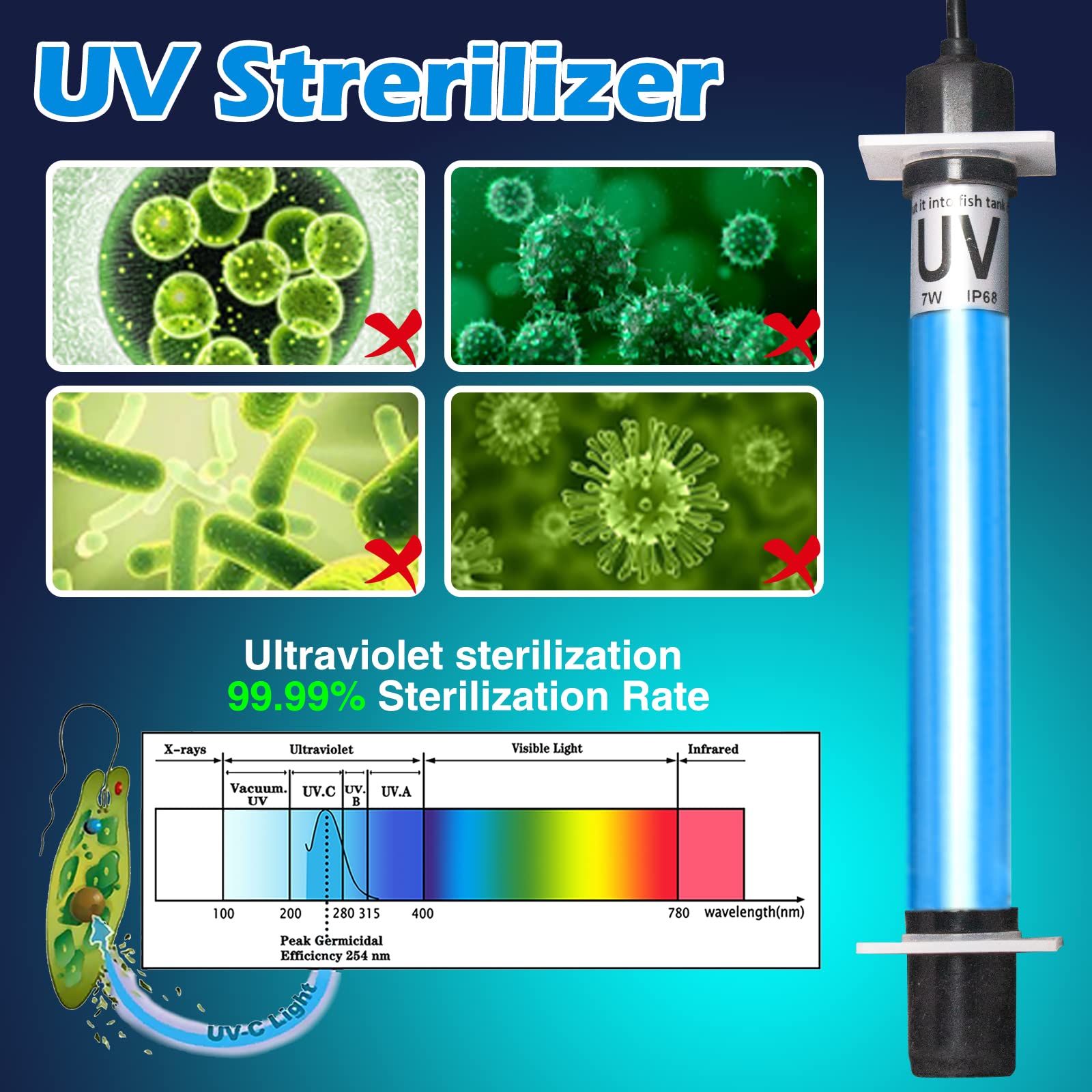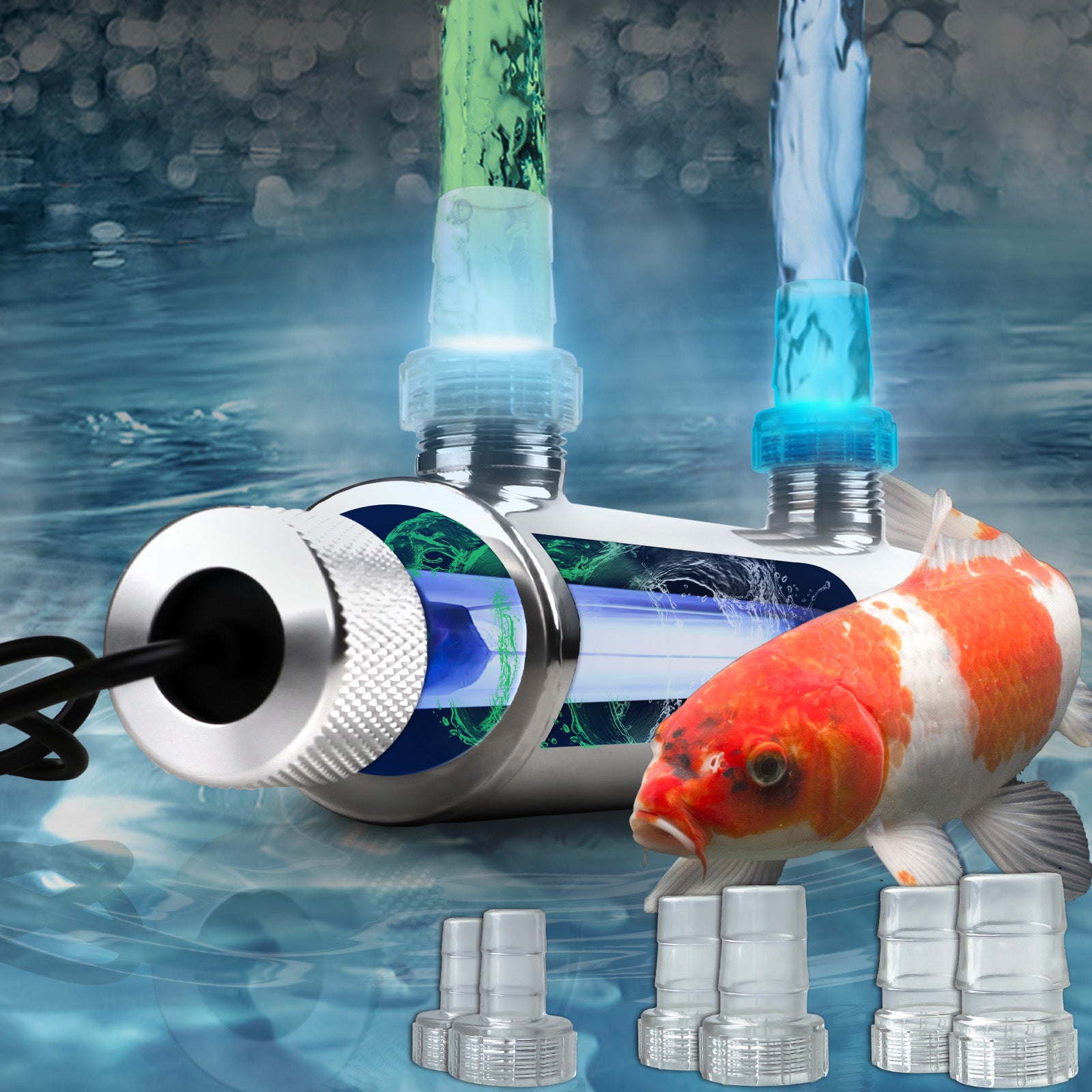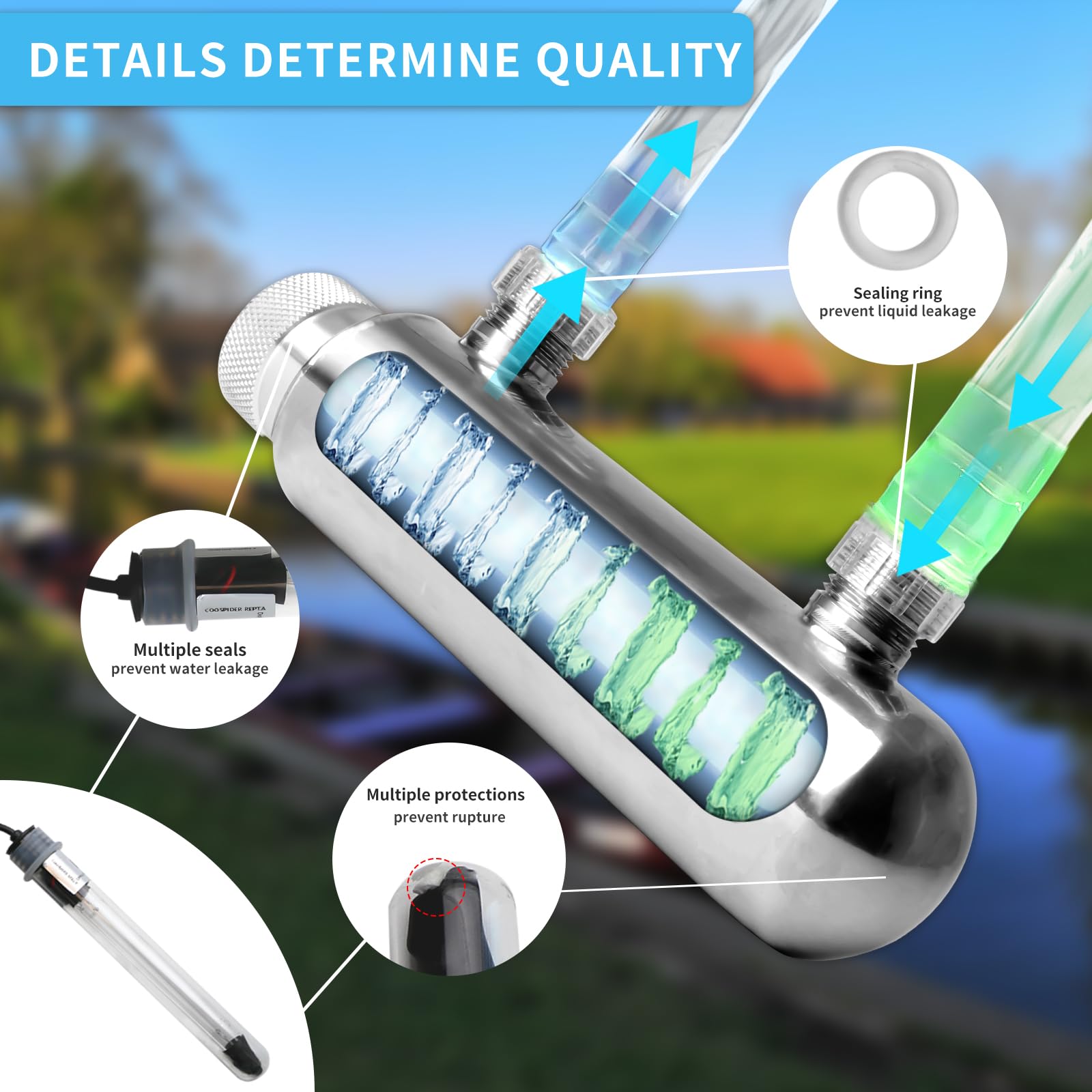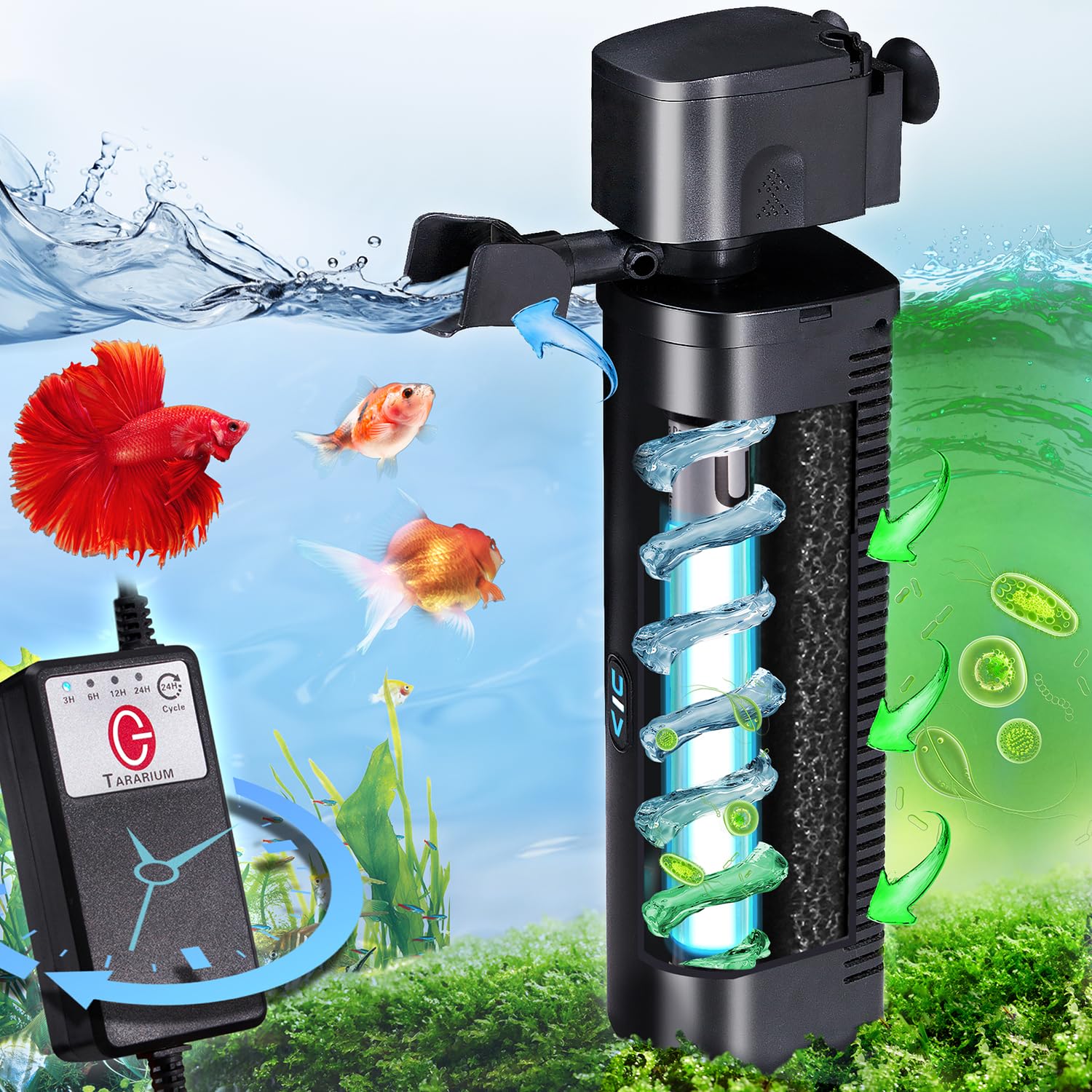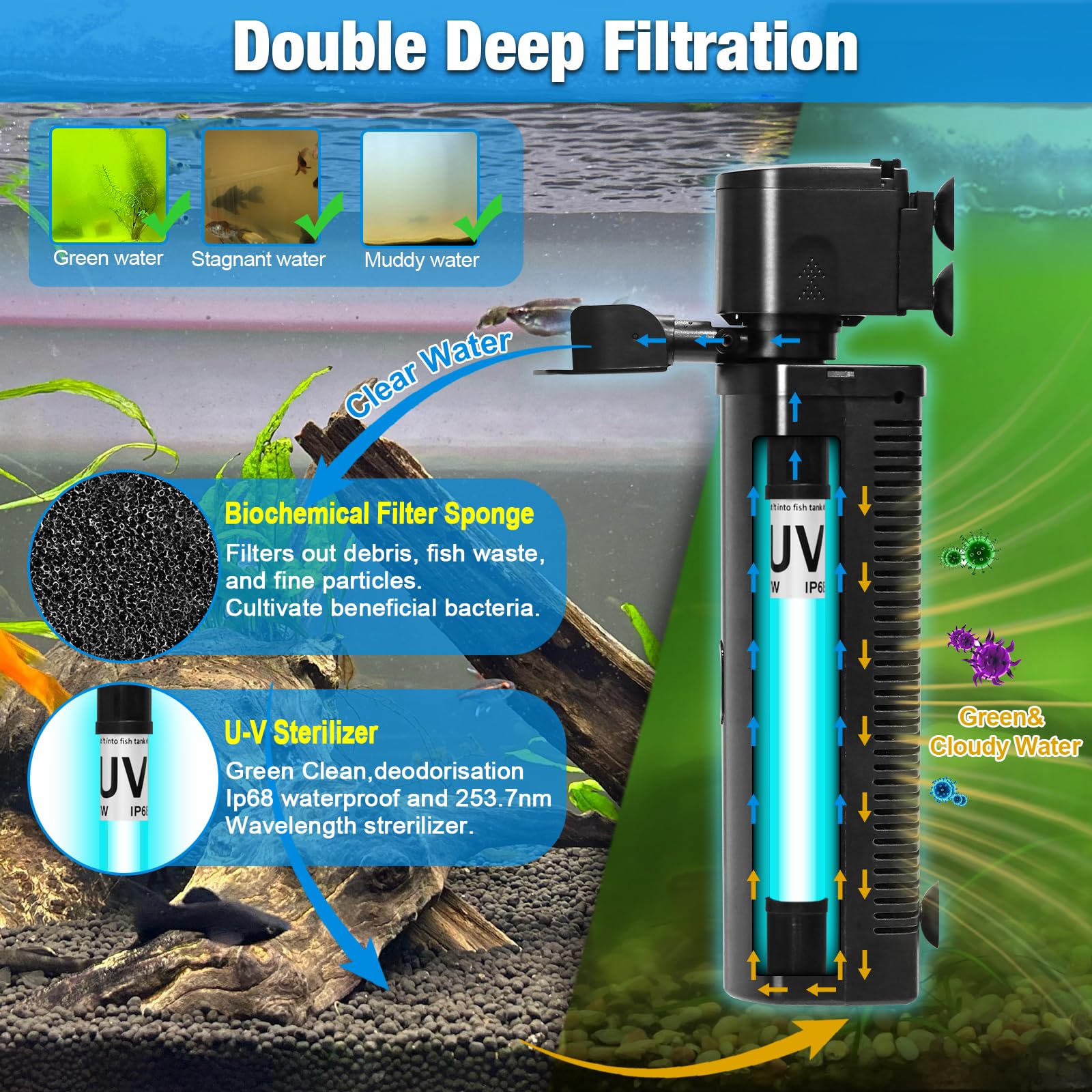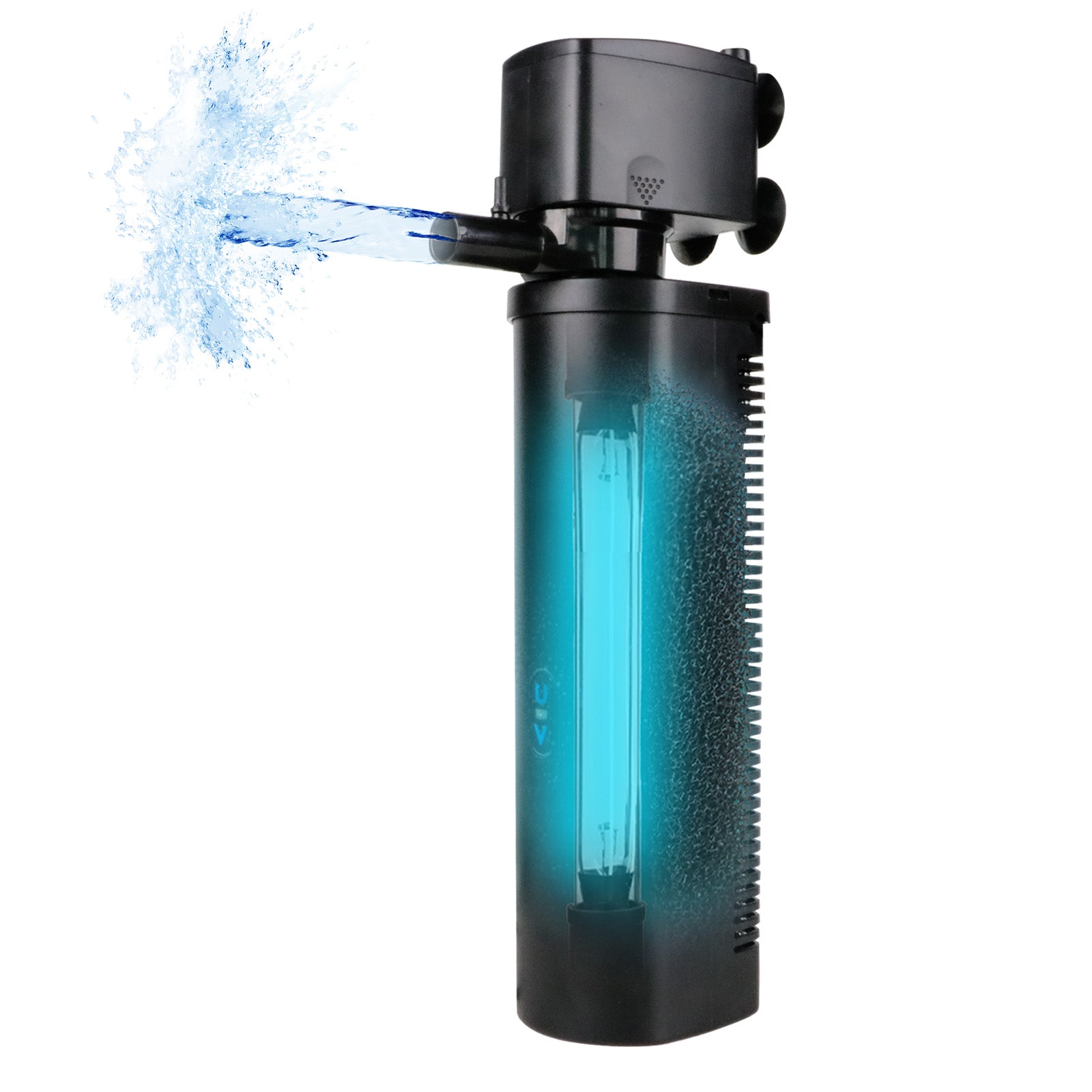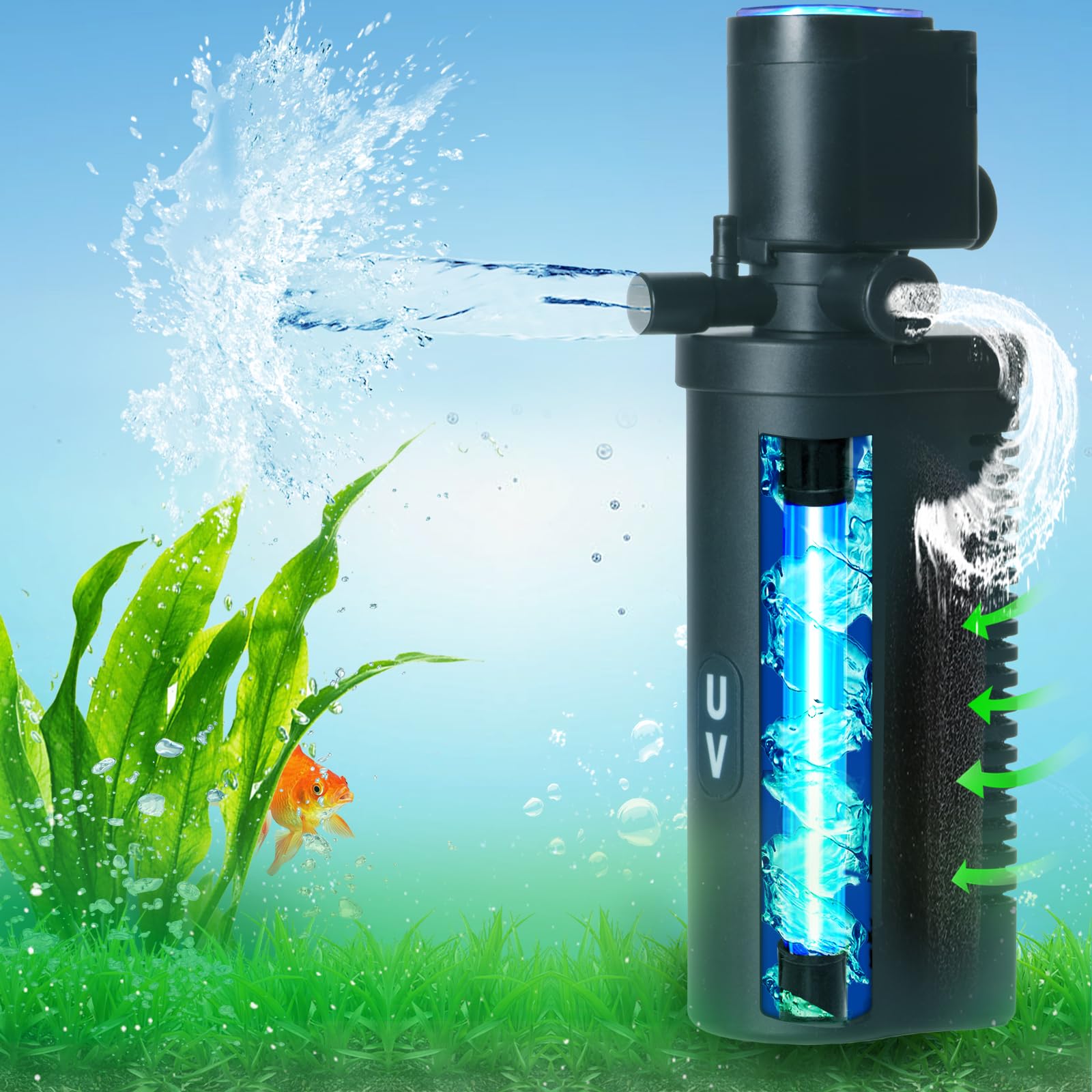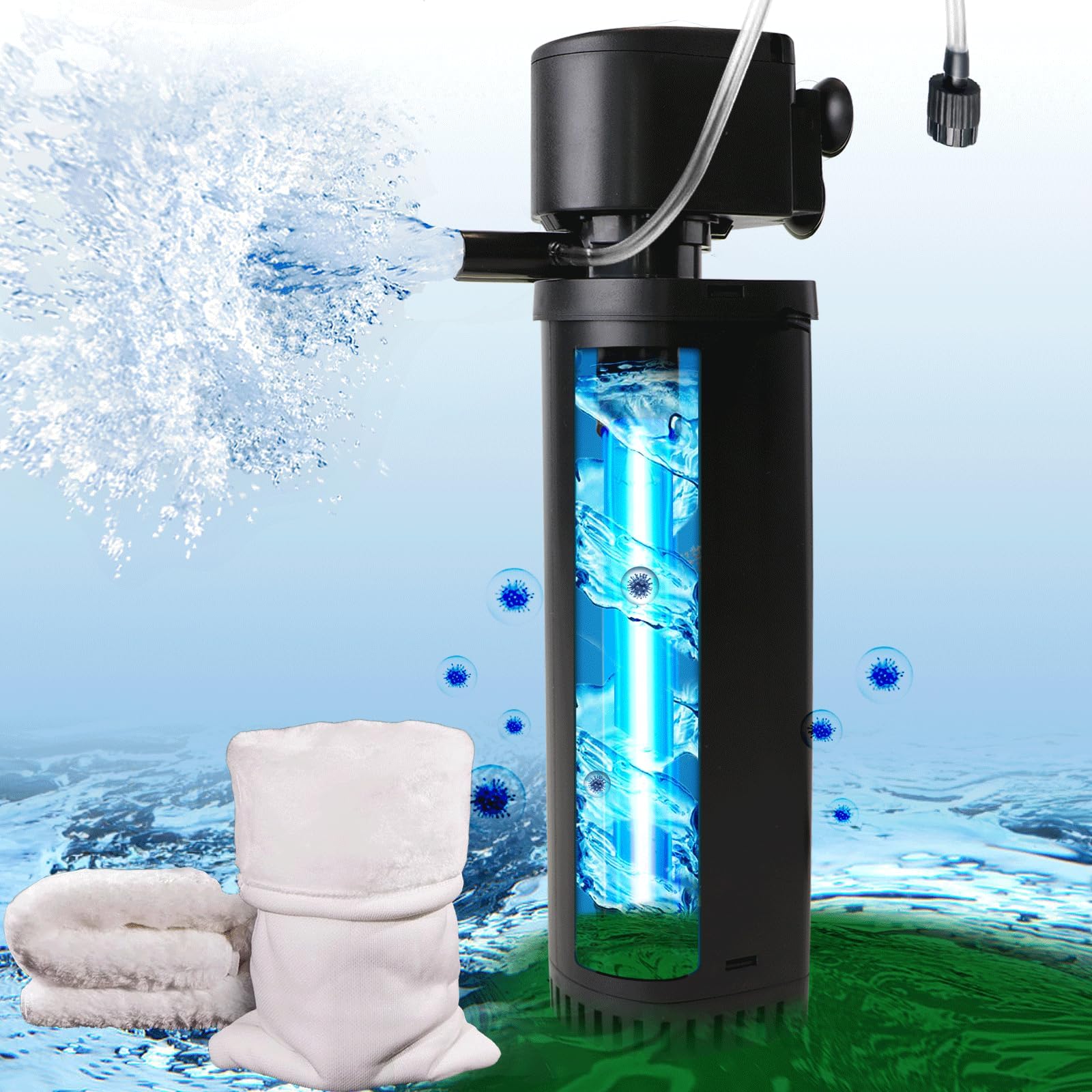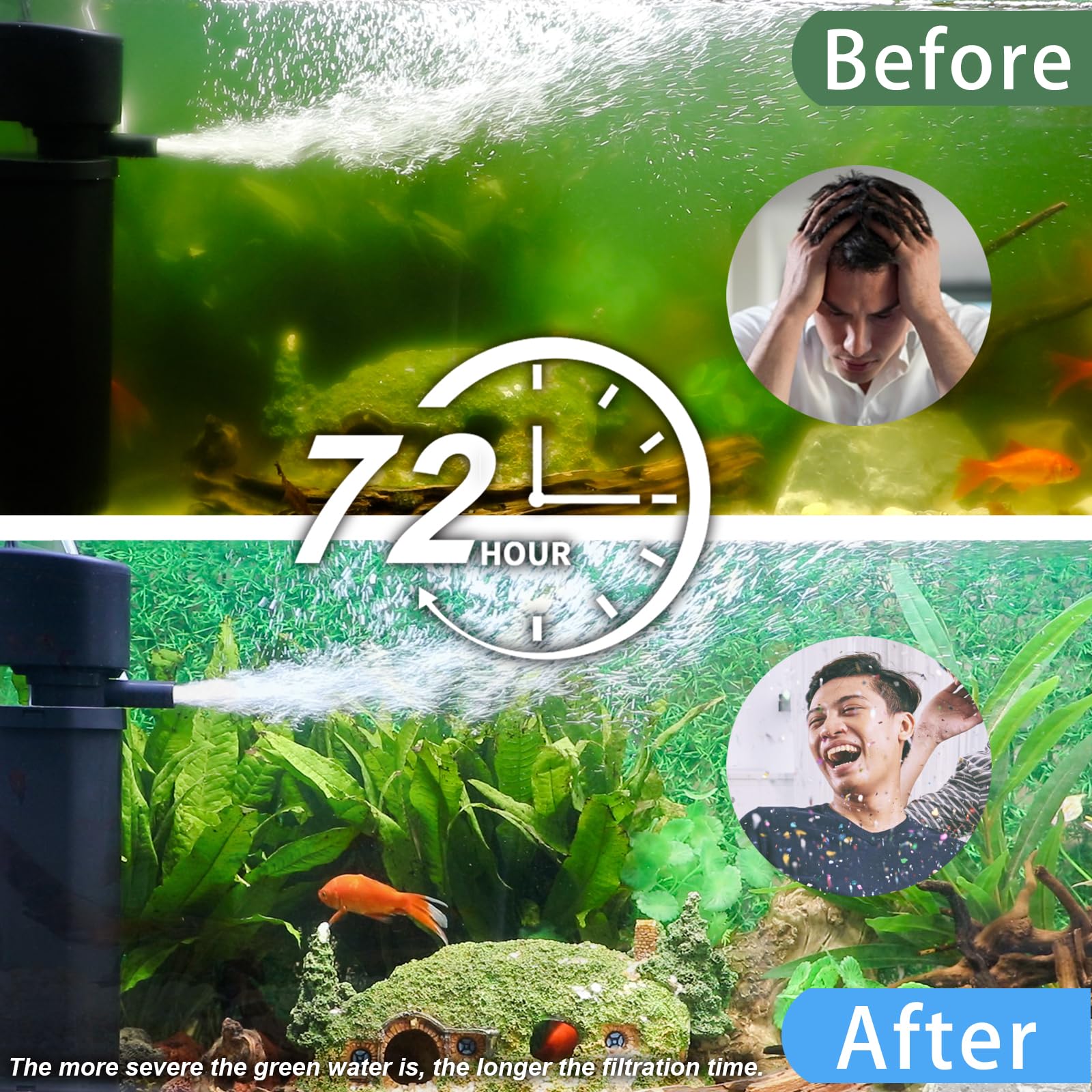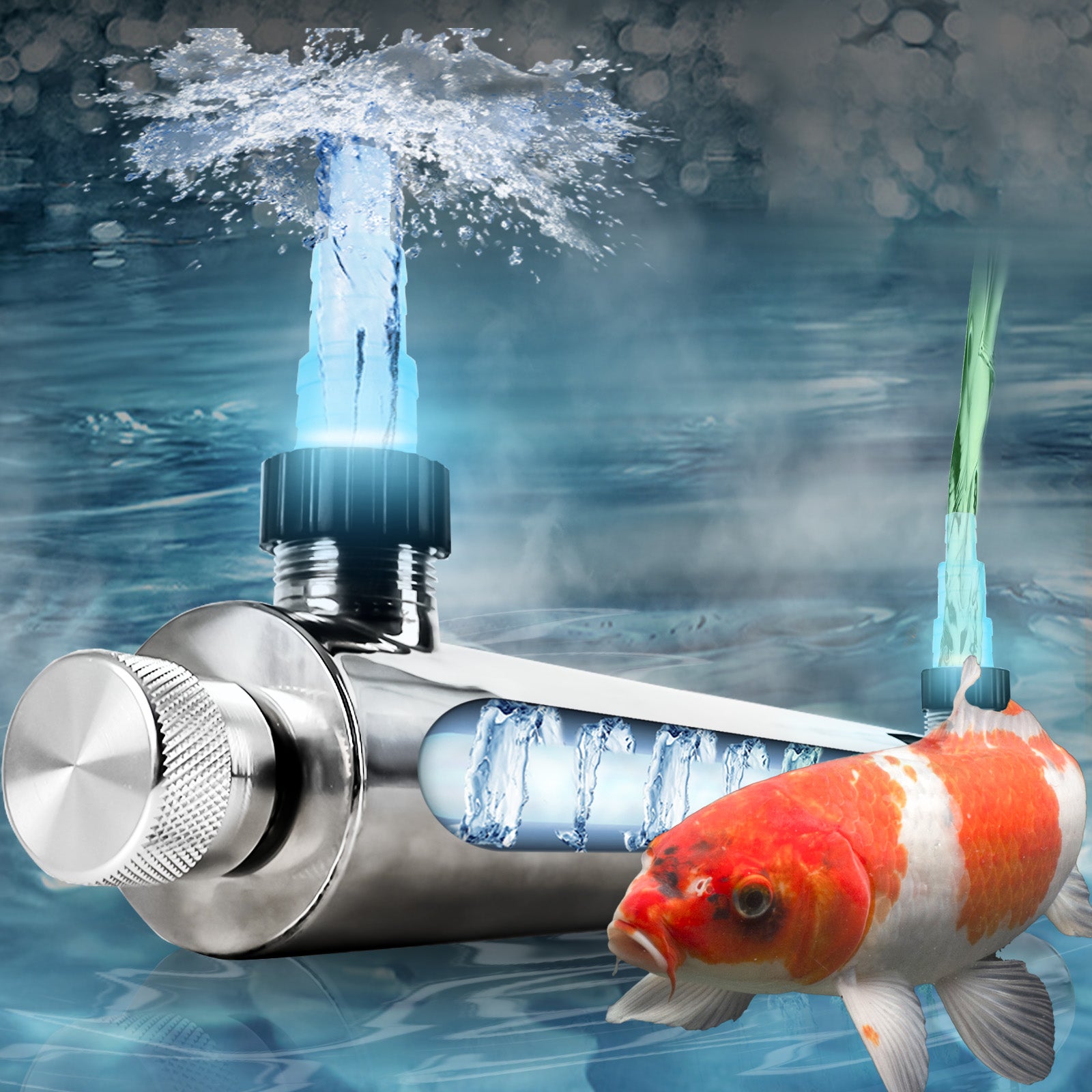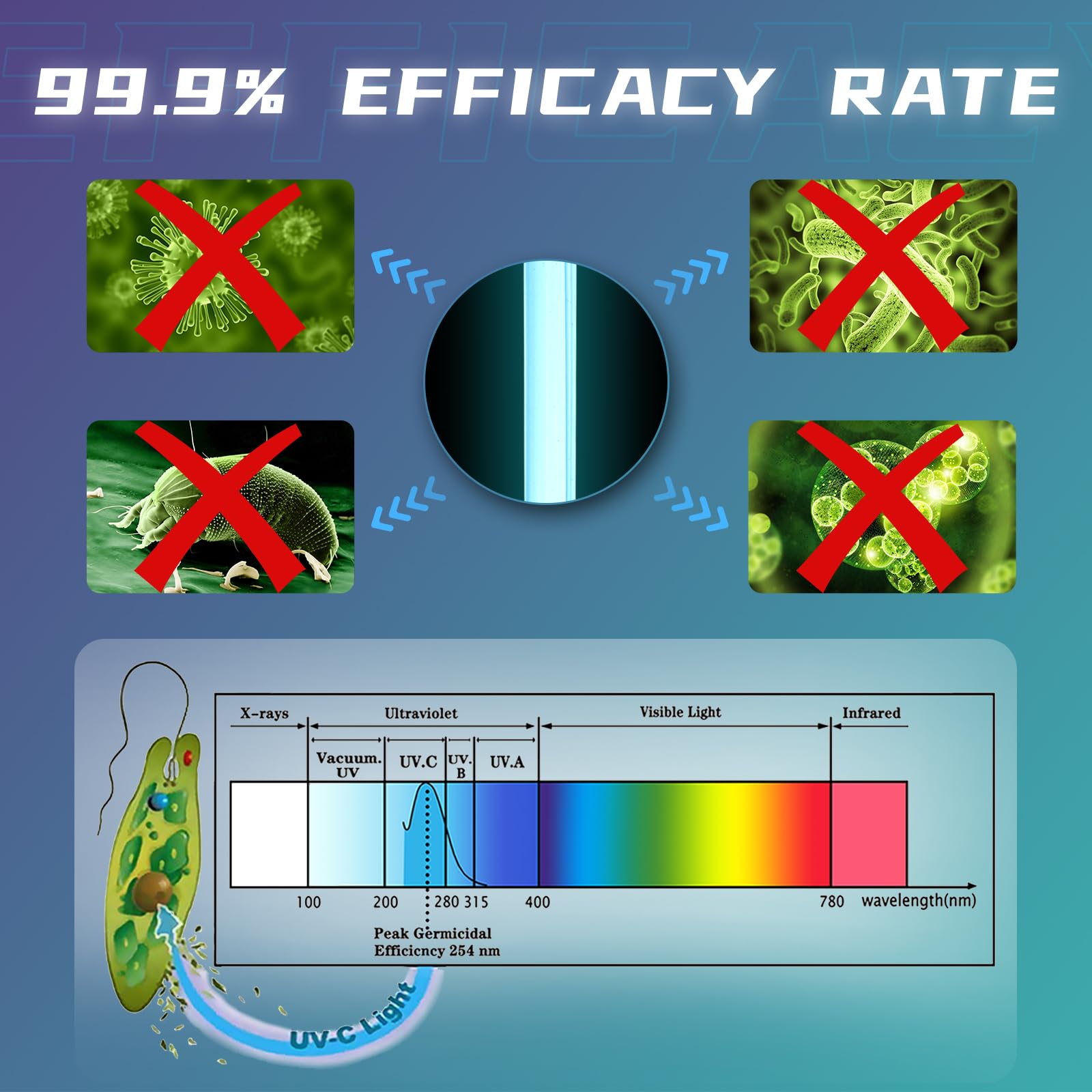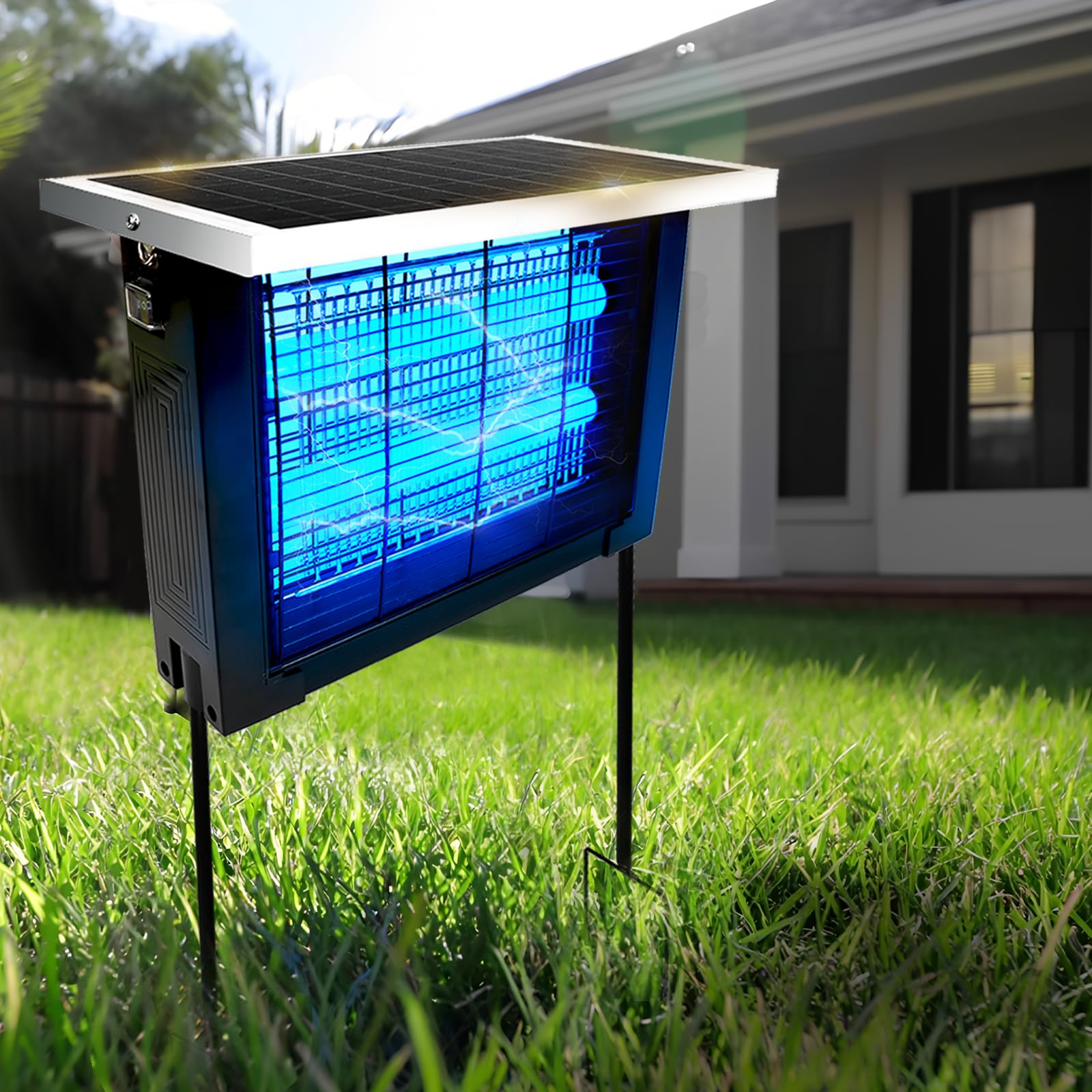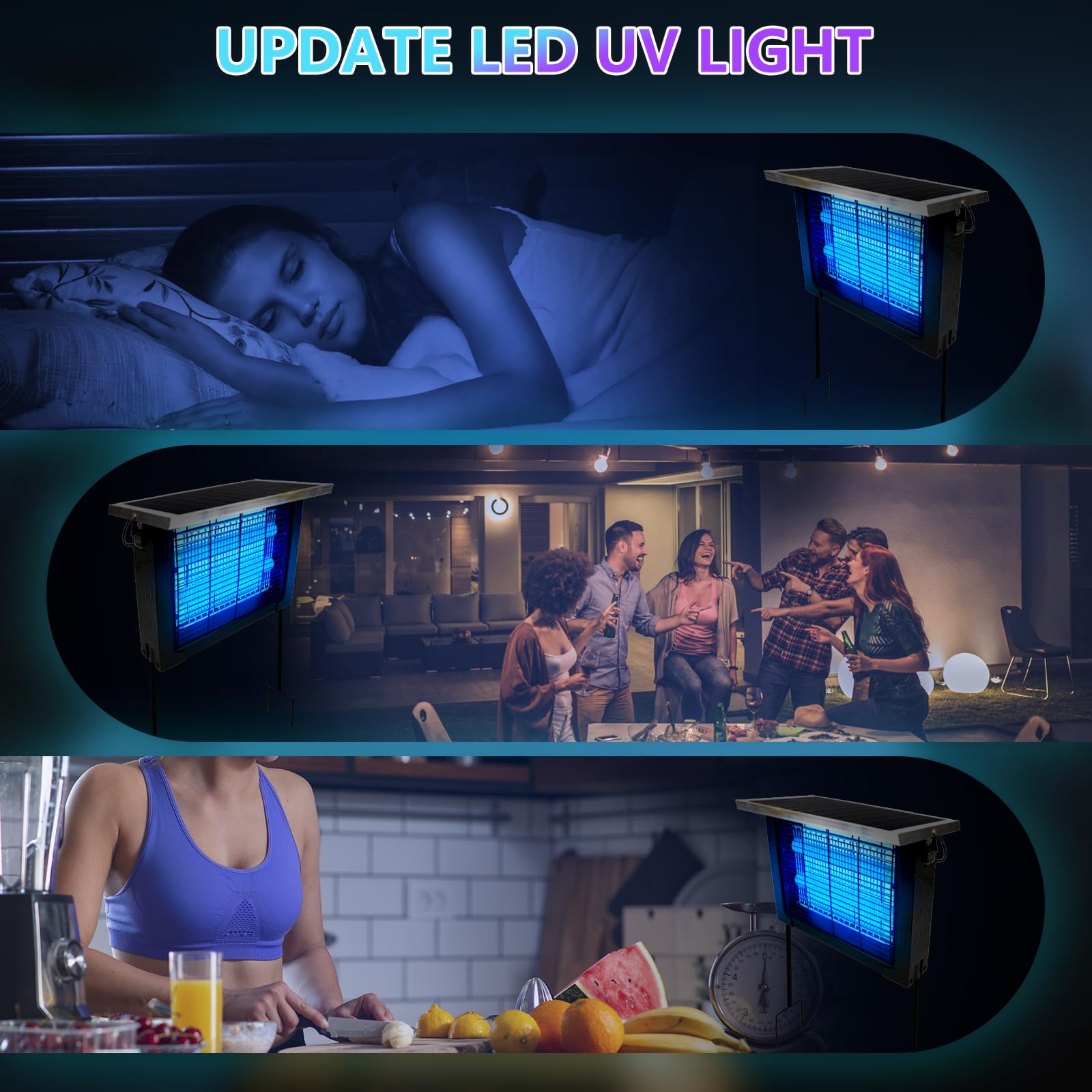Small aquariums have become incredibly popular in recent years. From minimalist desktop betta tanks to nano shrimp setups and 3–5 gallon planted aquariums, the charm of a compact ecosystem is hard to resist. But small tanks also come with one of the biggest challenges in fishkeeping:
How do you maintain stable water temperature in such a tiny volume?
For years, mini aquarium heaters—those 10W to 50W compact models—have been marketed as the perfect solution. They’re small, cheap, and easy to hide. But the question remains:
Do mini heaters actually work? Are they safe? Are they strong enough?
To answer these questions, we conducted a series of real-world performance tests using multiple mini heaters across different tank sizes, room temperatures, and environmental conditions.
This blog presents real data, objective analysis, and practical insights to help you decide whether a mini heater is right for your small aquarium.
1. Why Heating Small Tanks Is So Difficult
Before we dive into test results, it’s important to understand the unique challenges of heating small aquariums.
1.1 Small Water Volume = Faster Temperature Fluctuation
A 3-gallon tank reacts quickly to:
-
Room temperature changes
-
Open window drafts
-
Air conditioning
-
Direct sunlight
-
Cooling at night
Large tanks have thermal inertia; small tanks do not.
1.2 Mini Heaters Usually Have Low Wattage
Most mini heaters are:
-
10W
-
15W
-
20W
-
25W
-
50W
The lower the wattage, the slower the heating response.
1.3 Many Mini Heaters Lack Thermostats
Low-end mini heaters often:
-
Heat continuously
-
Lack precision control
-
Have wide temperature swings
For sensitive creatures, this is risky.
1.4 Betta and Shrimp Need Stable Warmth
Common nano-tank species require:
-
Betta fish: 78–80°F (25.5–26.5°C)
-
Neo shrimp: 72–78°F (22–25°C)
-
Guppy fry: 78–82°F (25.5–28°C)
Stability is more important than the specific number.
2. Test Setup: How We Evaluated Mini Heaters
To get meaningful results, we used standardized testing procedures.
2.1 Tanks Used
-
2.5-gallon tank
-
3-gallon tank
-
5-gallon tank
-
10-gallon “borderline” size
2.2 Heaters Tested
-
15W preset mini heater
-
25W mini heater
-
50W compact adjustable heater
2.3 Room Temperature Conditions
-
Cold Room: 64°F (18°C)
-
Mild Room: 70°F (21°C)
-
Warm Room: 75°F (24°C)
2.4 Measurement Tools
-
Digital thermometer with 0.1°F precision
-
Temperature logged every 10 minutes
-
Data collected over 5 days
3. Test Result #1 — Can Mini Heaters Reach the Target Temperature?
3.1 15W Heater Performance
| Tank Size | Room Temp | Achievable Temperature | Stable? |
|---|---|---|---|
| 2.5 gal | 75°F | 79.5°F | Yes |
| 2.5 gal | 70°F | 77°F | Yes, barely |
| 2.5 gal | 64°F | 72–73°F | No |
| 3 gal | 70°F | 74–75°F | No |
| 3 gal | 64°F | 69–70°F | No |
Conclusion:
15W heaters are only reliable in very warm rooms or very small tanks.
3.2 25W Heater Performance
| Tank Size | Room Temp | Achievable Temperature | Stable? |
|---|---|---|---|
| 2.5 gal | 70°F | 80–81°F | Yes |
| 3 gal | 70°F | 79–80°F | Yes |
| 5 gal | 70°F | 76–77°F | Yes |
| 5 gal | 64°F | 72–73°F | Borderline |
Conclusion:
25W heaters are a practical choice for 2.5–5 gallon tanks in mild climates.
3.3 50W Heater Performance
| Tank Size | Room Temp | Achievable Temperature | Stable? |
|---|---|---|---|
| 3 gal | 64°F | 82°F | Yes |
| 5 gal | 64°F | 79°F | Yes |
| 10 gal | 64°F | 74–75°F | Yes |
| 10 gal | 70°F | 78–80°F | Yes |
Conclusion:
For small tanks in cold environments, 50W mini heaters are the only size that consistently performs well.
4. Test Result #2 — Temperature Stability & Fluctuation
4.1 15W Heater Stability
-
Swings: ±3°F to ±5°F per day
-
Poor control in colder rooms
-
Slow recovery after feeding or water changes
4.2 25W Heater Stability
-
Swings: ±1.5°F to ±2°F
-
Acceptable for most beginner fish
-
Not ideal for sensitive shrimp in cold climates
4.3 50W Heater Stability
-
Swings: ±0.5°F to ±1°F
-
Comparable to full-size heaters
-
Excellent for nano breeding tanks
5. Test Result #3 — Safety Performance
Overheating Risk
-
15W heater: Low risk but insufficient power
-
25W heater: Moderate risk in 2.5-gallon tanks
-
50W heater: Safe IF using a thermostat
Crucial Finding:
Many cheap mini heaters lack thermostatic control, meaning they keep heating even after reaching the target temperature.
This is unsafe, especially in:
-
Summer
-
Rooms with rising temperature
-
Tanks under direct sunlight
6. Test Result #4 — How Quickly Do Mini Heaters Heat Up the Tank?
Heating Speed from 70°F to 80°F
| Heater | 2.5 gal | 3 gal | 5 gal |
|---|---|---|---|
| 15W | 3–4 hours | 5–6 hours | ❌ Unable |
| 25W | 2 hours | 3 hours | 4–5 hours |
| 50W | 1 hour | 1.5 hours | 2.5 hours |
Fast heating = more stable conditions.
7. Real-World Usage Recommendations
Based on our real test data:
7.1 Best Heater for 1–3 Gallon Tanks
✔ 25W mini heater
Why:
-
Strong enough
-
Stable heating
-
Safe when monitored
Avoid 10–15W units unless your room is already warm.
7.2 Best Heater for 3–5 Gallon Tanks
✔ 25W or 50W mini heater
Choose 25W → normal climates
Choose 50W → cold climates or sensitive species
7.3 Best Heater for 5–10 Gallon Tanks
✔ 50W mini heater or small full-size heater
At this size, a compact full-size heater often performs better.
8. Species-Based Recommendations
Betta (Fighting Fish)
Ideal temp: 78–80°F
Recommendation: 25W heater minimum
Betta owners should avoid low-watt preset heaters.
Shrimp Tanks (Neocaridina)
Ideal temp: 72–78°F
Recommendation: 25W heater in mild rooms
Shrimp are sensitive to fluctuations—avoid cheap heaters.
Guppy Fry, Platies, Livebearers
Recommendation: 25W or 50W
Maintain stable warmth for growth.
Nano Planted Tanks
Stable temperatures benefit plants too—go with 25W.
9. Pros & Cons of Mini Heaters
Pros
-
Compact size
-
Easy to hide
-
Ideal for nano tanks
-
Affordable
-
Low energy use
Cons
-
Weak in cold rooms
-
Some models lack thermostats
-
Temperature swings can be large
-
Can be unsafe in summer
-
Slow recovery after water changes
10. Final Verdict — Are Mini Heaters Suitable for Small Tanks?
✔ Yes — but only if you choose the right wattage and model based on your environment.
Based on our test data:
15W heaters
❌ Too weak for most situations
⭕ Only works in warm rooms + very small tanks
25W heaters
⭐ Best overall choice
⭐ Reliable for 1–5 gallon tanks
⭐ Good balance of safety and stability
50W heaters
🔥 Best for cold climates
🔥 Best for sensitive species
🔥 Very stable temperature performance
11. Practical Advice Before You Buy
✔ Choose adjustable over preset
More precise, safer, longer-lasting.
✔ Use a separate digital thermometer
Never trust a built-in dial alone.
✔ Test the heater for 24 hours before adding fish
This prevents temperature spikes.
✔ Avoid extremely cheap no-name heaters
Safety isn't worth risking to save a few dollars.


